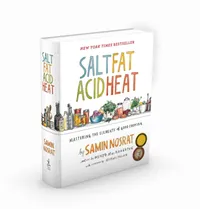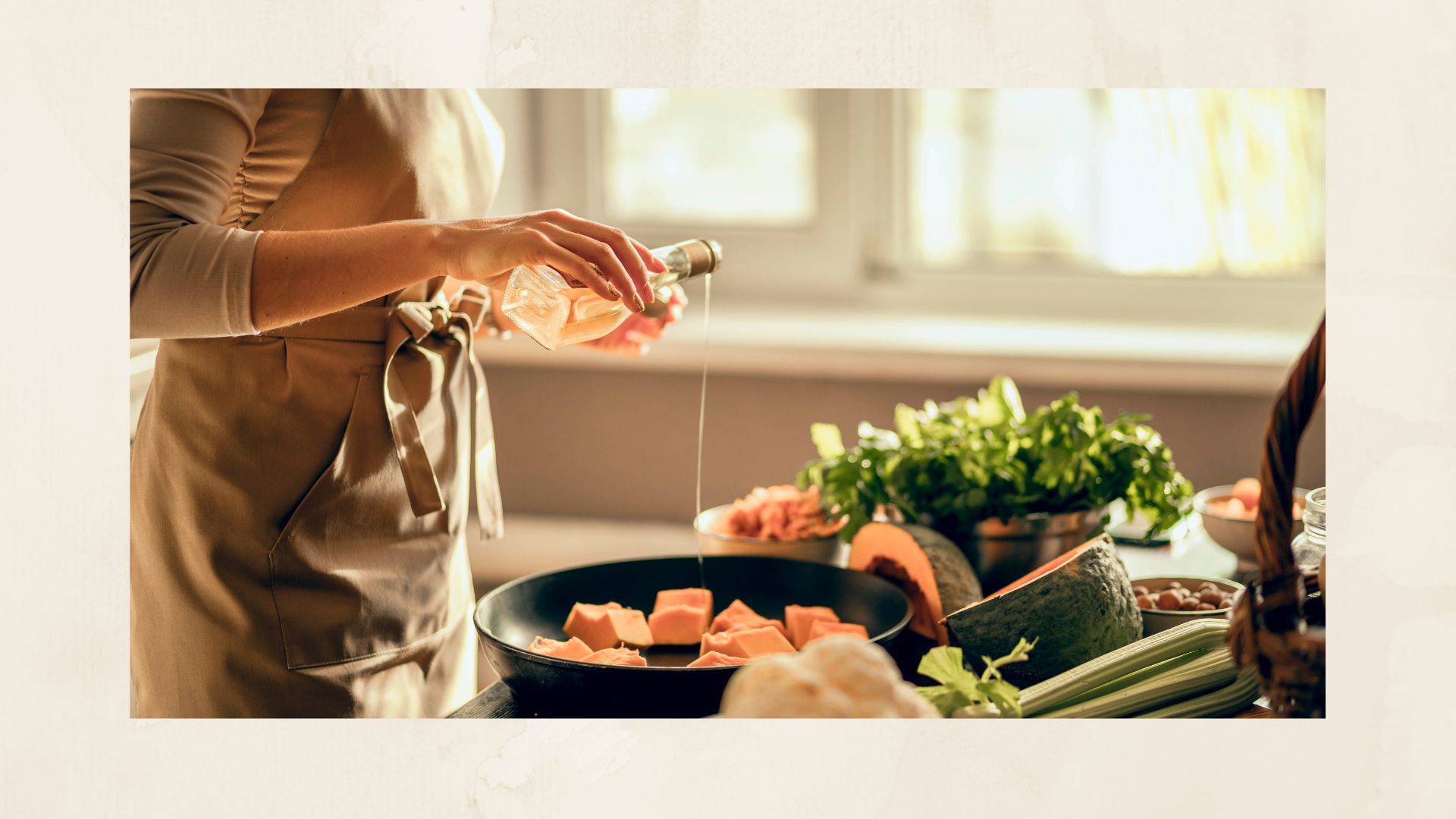
Sign up to our free daily email for the latest royal and entertainment news, interesting opinion, expert advice on styling and beauty trends, and no-nonsense guides to the health and wellness questions you want answered.
You are now subscribed
Your newsletter sign-up was successful
Want to add more newsletters?

Daily (Mon-Sun)
woman&home Daily
Get all the latest beauty, fashion, home, health and wellbeing advice and trends, plus all the latest celebrity news and more.

Monthly
woman&home Royal Report
Get all the latest news from the Palace, including in-depth analysis, the best in royal fashion, and upcoming events from our royal experts.

Monthly
woman&home Book Club
Foster your love of reading with our all-new online book club, filled with editor picks, author insights and much more.

Monthly
woman&home Cosmic Report
Astrologer Kirsty Gallagher explores key astrological transits and themes, meditations, practices and crystals to help navigate the weeks ahead.
As someone who travels frequently, I often find myself immediately in my kitchen upon return, trying to replicate all the dishes I've tried on my travels. Regrettably, I also spend a lot of my time on social media, both looking up recipes and hacks to save time in the kitchen. Whether it's testing air fryer hacks or trying the latest three-ingredient recipe, I've tried them all.
As such, I like to think I've got a good sense of the hacks and tips that work. Instead of detailing obscure TikTok trends that often fall flat, I've listed all the fundamental cooking tips, tricks, and hacks I've learned along the way that *actually* work.
Simple cooking hacks and tricks to save time and elevate your dishes
Write everything down
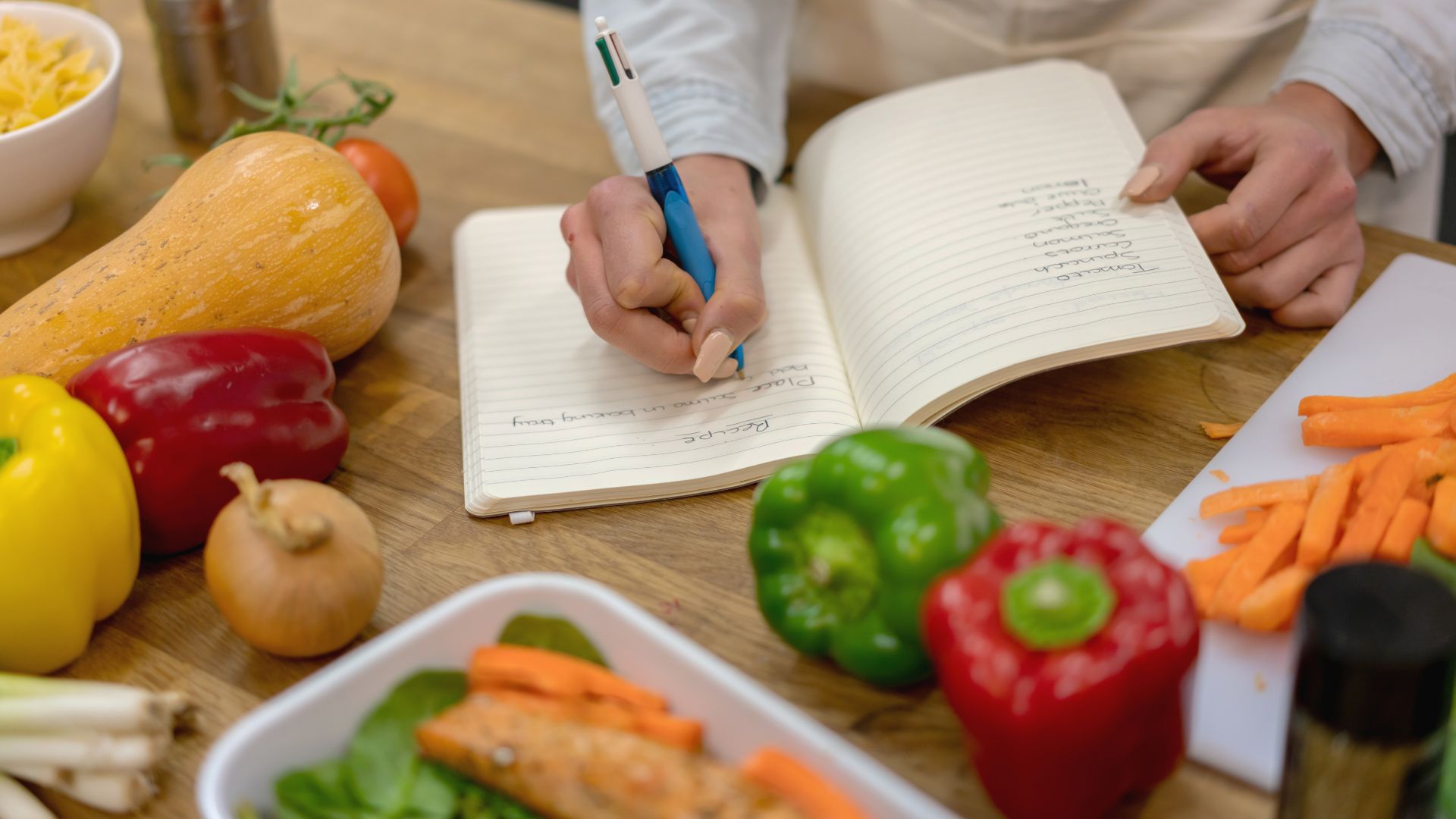
Yes, when you're trying a new dish, you should probably follow a recipe. But how many of us actually do that? Whether you're using a mish-mash of online recipes or just cooking something intuitively, write down everything you do; all ingredients, measurements and timings.
If you are following a recipe that you adapt slightly along the way, write this down too. This way, you can replicate it next time you make it or understand where further modifications are needed.
Salt, Fat, Acid, Heat | £32.45 from Amazon
More of a masterclass in cooking than a traditional cookbook, Samin Nosrat's Salt, Fat, Acid, Heat breaks down the foundations of good cooking into four simple elements that can be applied across a wide range of recipes.
Cook multiple ingredients in the same pan
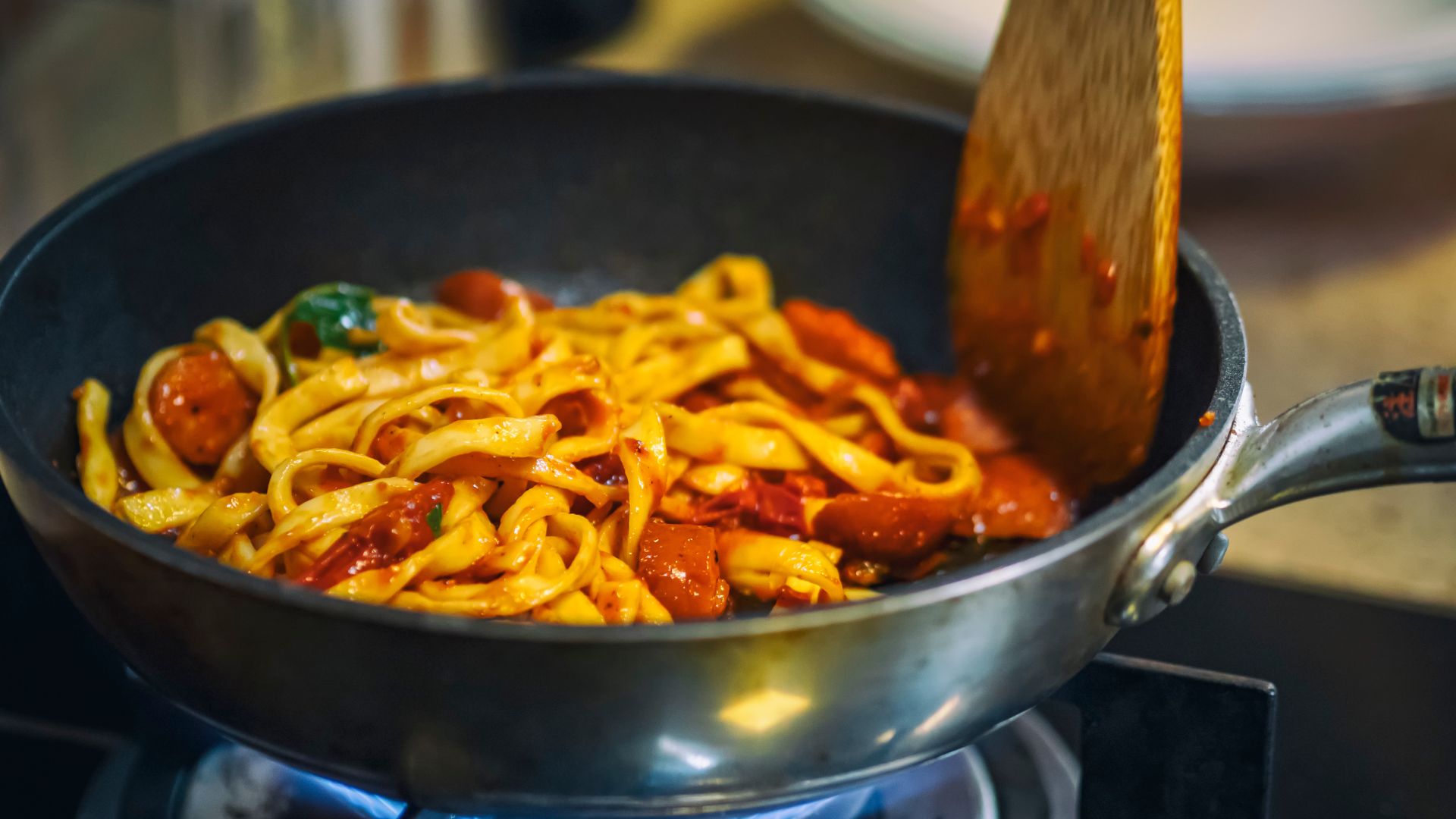
Who doesn't love a one-pot dish? Save on time, food waste, and cleaning time by mastering a few great one-pot recipes.
These can be pan-based recipes, like Meghan Markle's famous skillet spaghetti recipe, combining cherry tomatoes, garli,c and spaghetti, or a simple traybake with meat and veggies.
Cooking pasta? Take a few minutes off the recommended cooking time
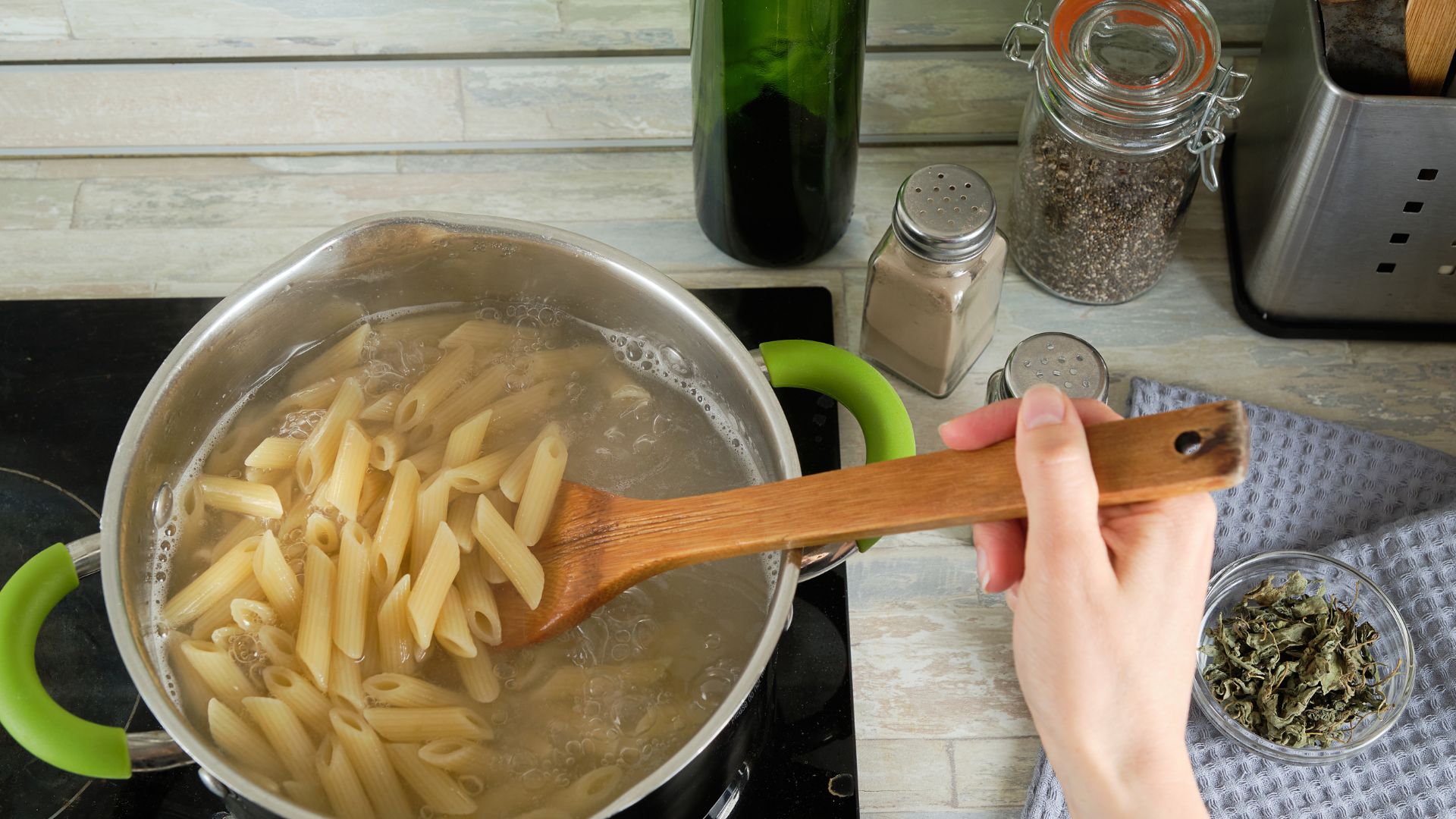
For the perfect al-dente pasta, taste your pasta around two minutes before the recommended cooking time is up. If it's still a little undercooked, turn off the heat and leave it in the water for another minute.
Sign up to our free daily email for the latest royal and entertainment news, interesting opinion, expert advice on styling and beauty trends, and no-nonsense guides to the health and wellness questions you want answered.
Taste again before draining it, but in most cases, it should be ready, thanks to the residual heat of the pasta water.
Don't forget to keep your starchy pasta water and add a swirl to your sauce, if the recipe calls for it.
Buy frozen mirepoix (or prep your own)
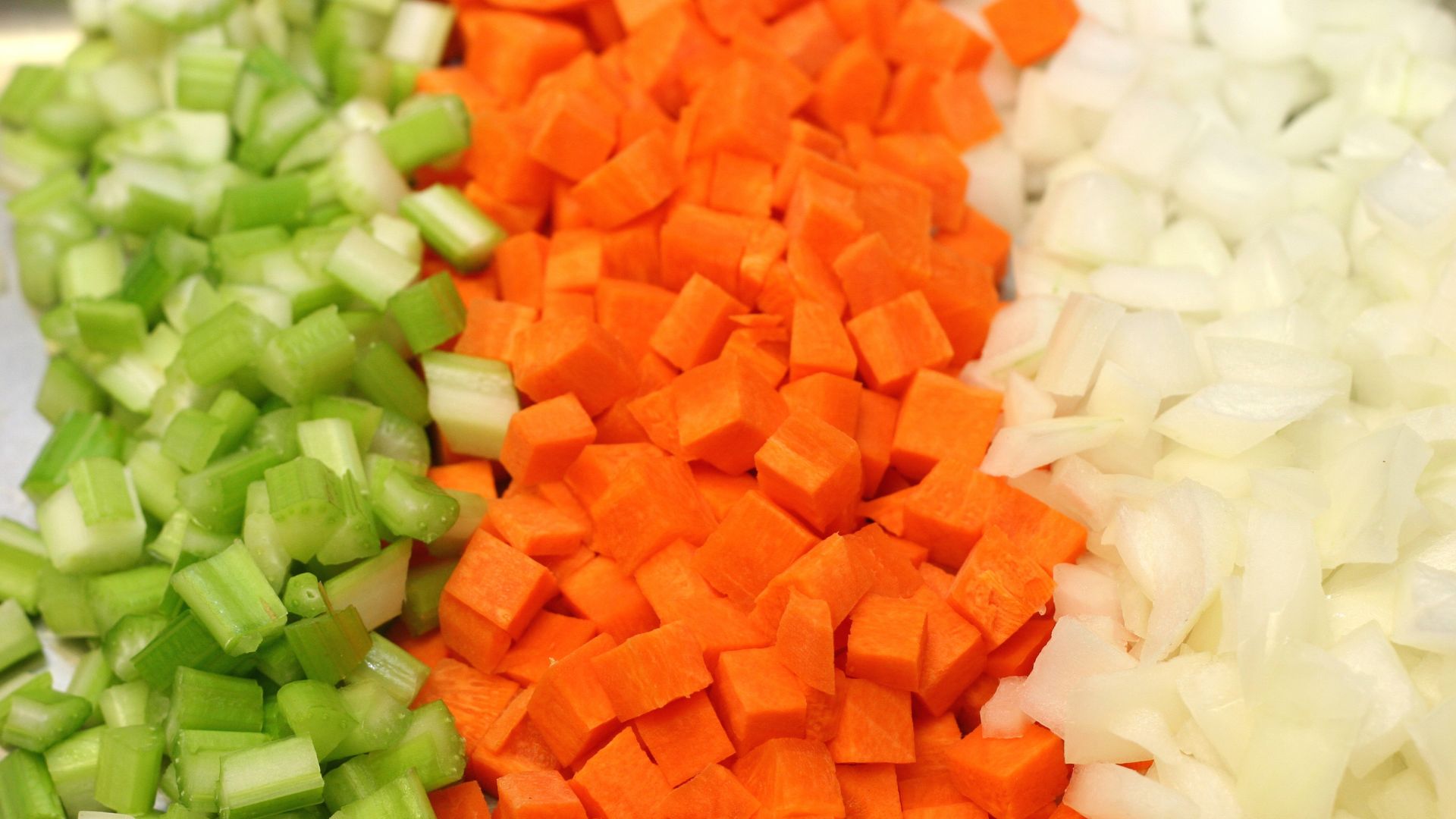
Mirepoix - chopped onions, carrots, and celery - is the base of so many recipes, particularly soups, stews, and sauces. And while we always recommend cooking this flavoursome base from fresh vegetables when you can, we know that time doesn't always allow. So instead, batch cook and freeze or buy a frozen mix from the supermarket.
The flavour intensity won't quite be the same, but on a busy weeknight, it's an amazing substitute when you simply don't have time to finely chop lots of veggies.
Thicken sauces with cornflour, vegetable puree or a roux
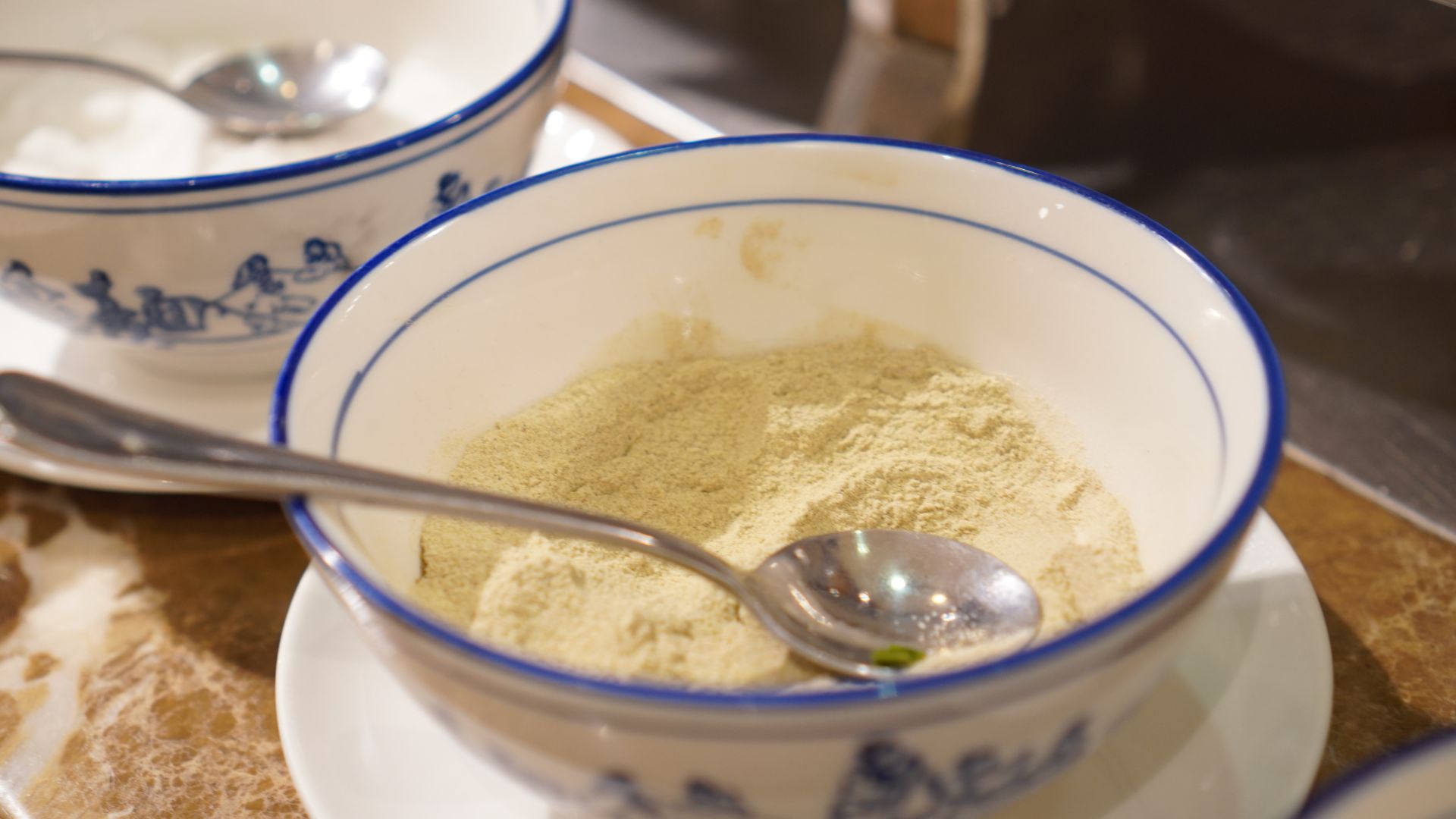
If your sauce, stew, or soup is a little runnier than you would like, create a cornflour slurry using equal parts of cornflour and liquid (like water, stock, or even milk). Slowly mix it into your soup and voila! It will immediately be thicker, without compromising on flavour.
If you don't have cornflour on hand, you can also use all-purpose flour, but ensure it's well mixed, and you might have to change the proportions to facilitate this.
Vegetable puree or tomato paste can also help thicken some sauces or soups, depending on the flavour palette.
Master skills rather than recipes
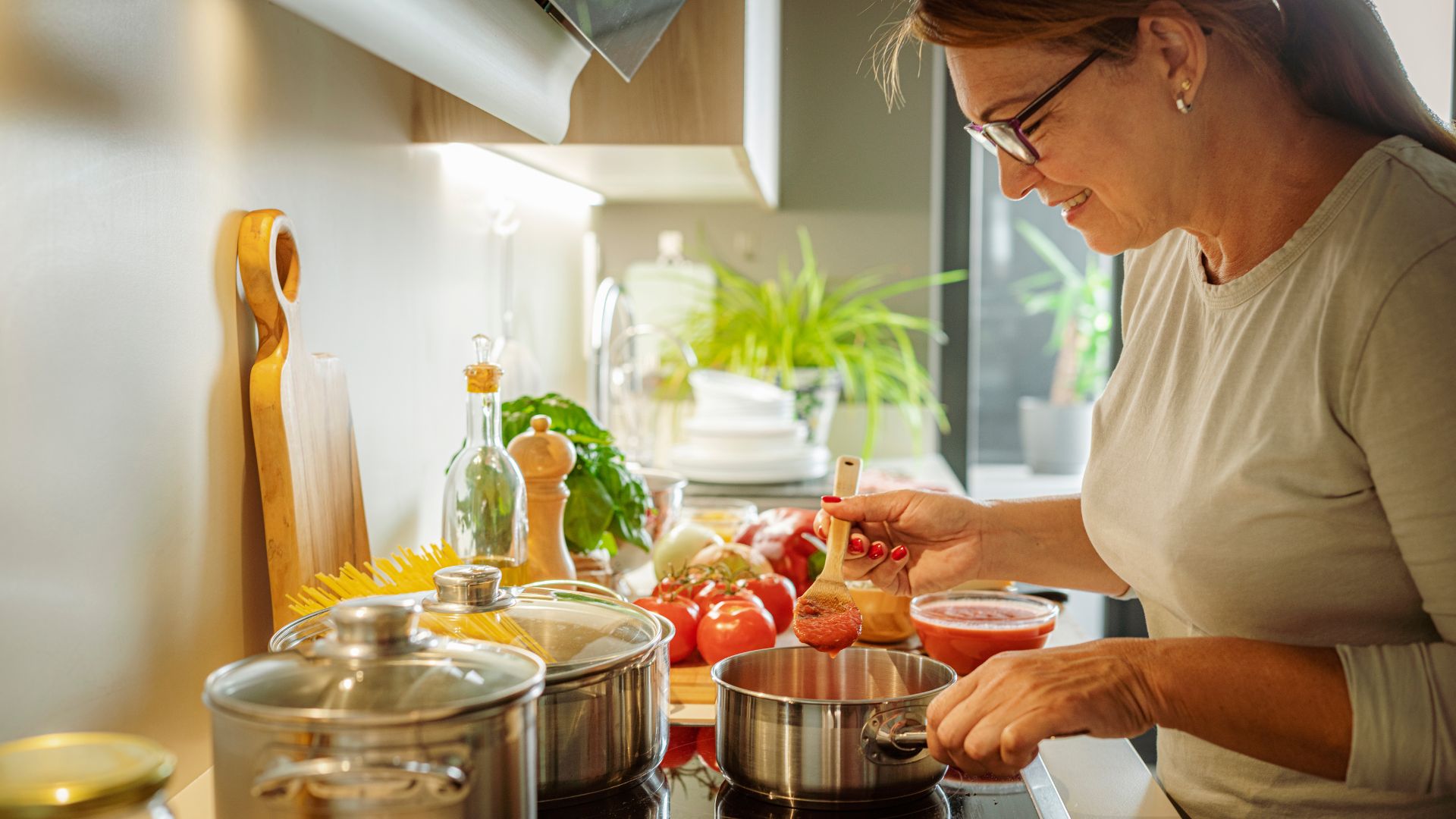
If you're new to cooking or just want to improve, instead of learning recipes, get back to basics and learn (or re-learn) basic culinary skills.
Cooking shows, YouTube channels, or even reference books will help you master the basics, like how to chop veggies properly, how to make strong staple dishes, and even how to cook rice and pasta so you get it right every single time.
If you're stuck in a rut, meal boxes like Hello Fresh and Gousto might also encourage you to try new techniques.
Chop veggies on kitchen roll
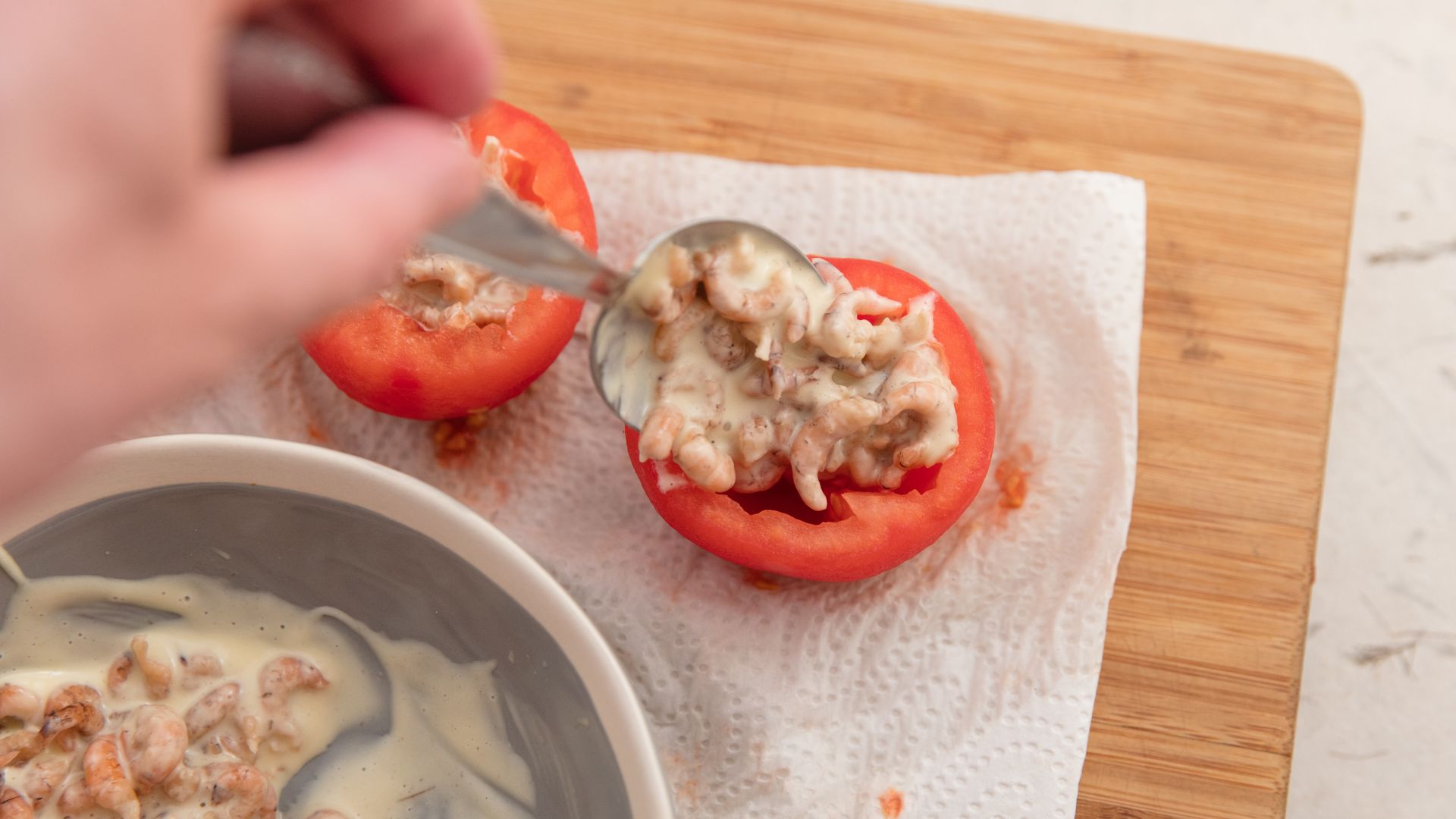
If you're chopping lots of different veggies on the same board and want to minimise cleaning time, place a piece of kitchen roll between the chopping board and veggies. The kitchen roll will absorb all the juices, and can be easily discarded when you're done.
We don't recommend doing this all the time as it can lead to unnecessary waste, but it's a brilliant timesaver if you're cooking a dish that would otherwise require you to wash your chopping board several times.
Utilise your kitchen scissors
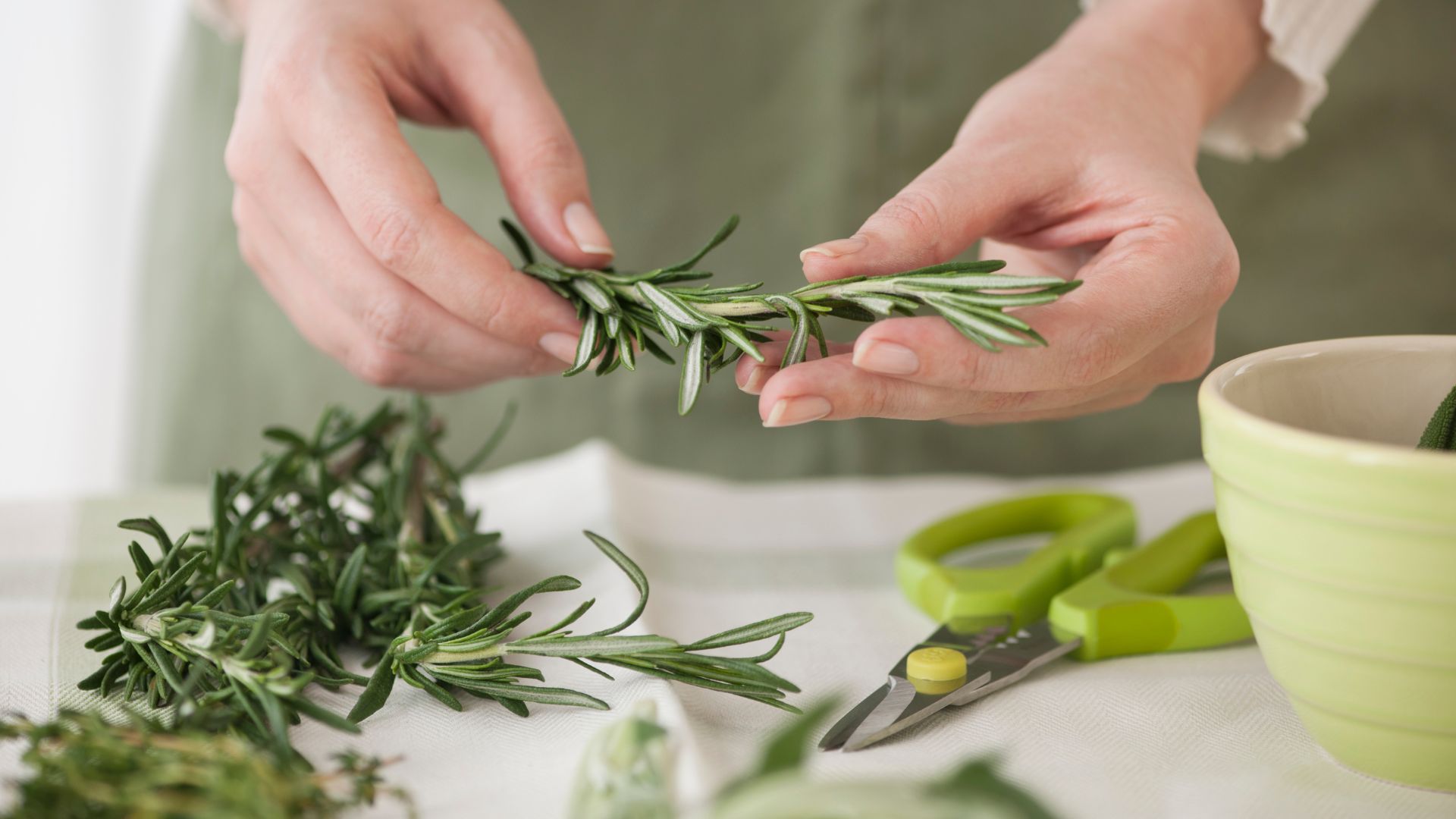
Cutting herbs on a board can be messy, so instead, chop them with your kitchen scissors. This tip not only allows you to cut your herbs super fine, but it is also substantially less messy! Win-win.
You can also use your kitchen scissors to cut tinned tomatoes, pizzas, and to trim and chop some veggies and salad leaves. Just ensure you clean the scissors thoroughly after use.
Break up minced meat with a potato masher
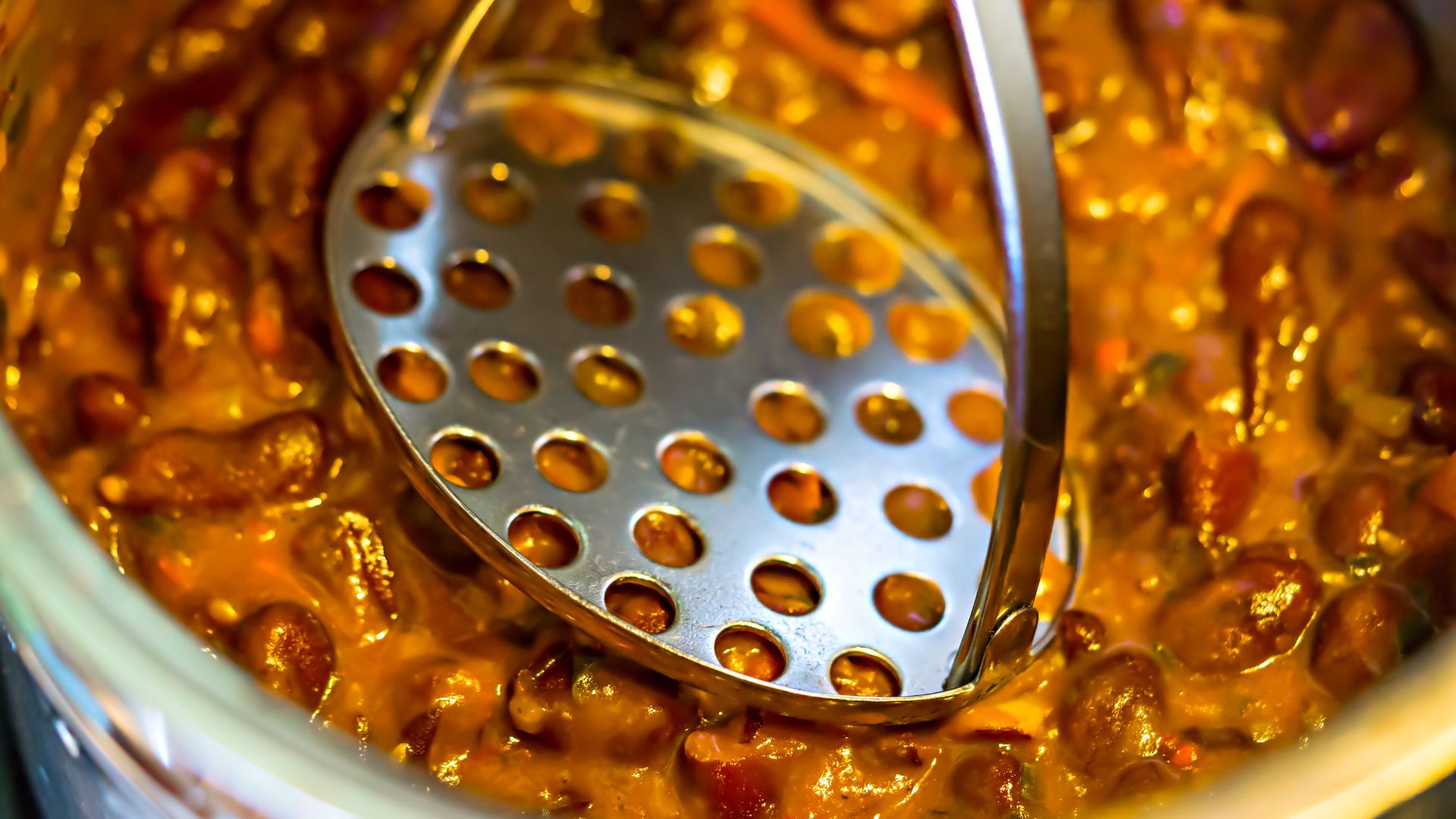
While browning your minced meat, break it up in the pan with a potato masher. This is a simple way to avoid clumps of meat into small crumbles, and the thinner surface layer will ensure the meat cooks quicker.
You can also use this approach for cooked meat to break the pieces up into small, homogenous crumbles.
Read your recipe in advance
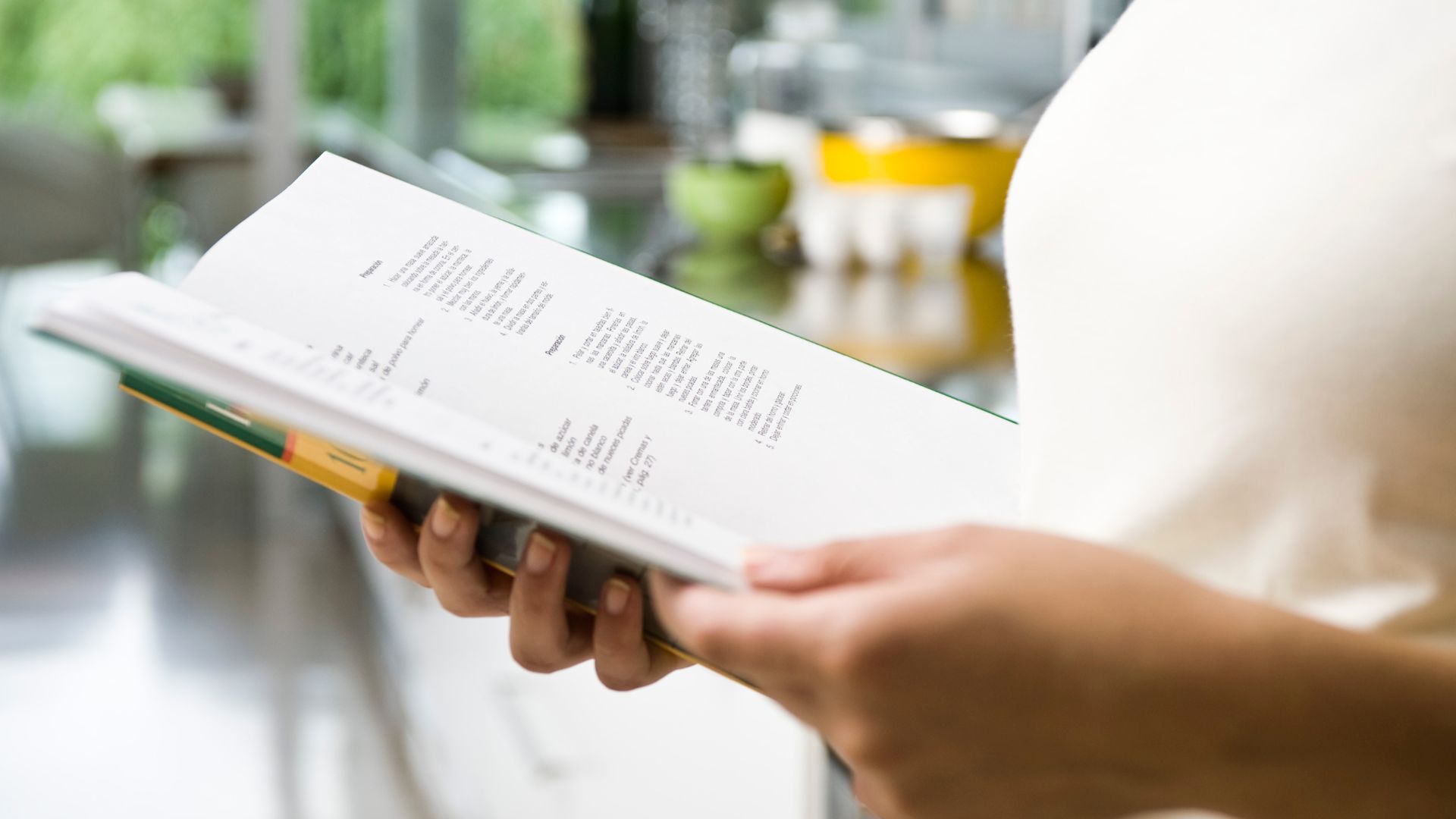
Take a few minutes before cooking to thoroughly read your recipe. This will give you some familiarity with the whole process before you get started and will allow you to identify any potential hurdles before you get to them.
Don’t add oil when cooking pasta
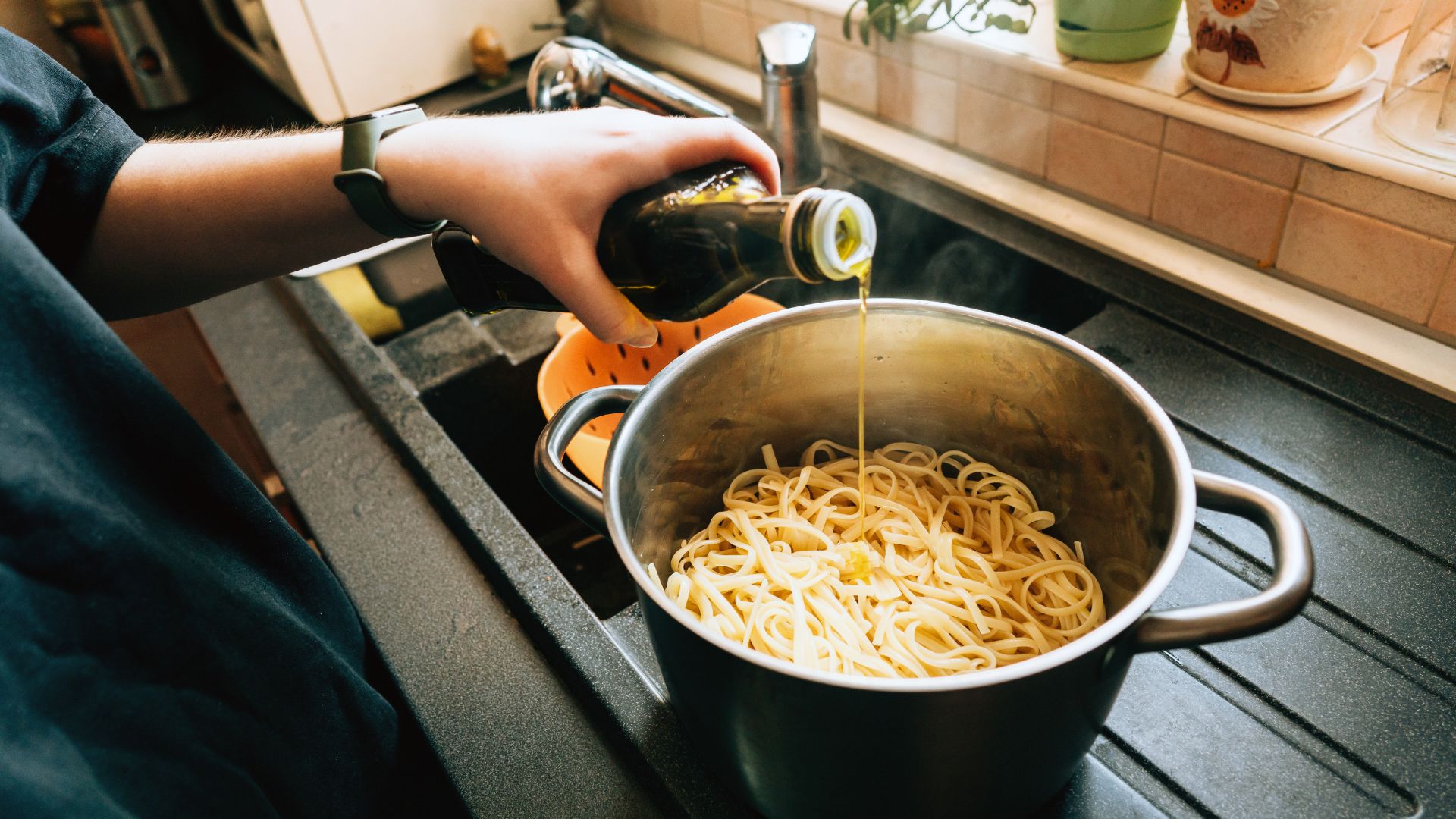
This might be a controversial one, as it's widely believed by some people that adding oil to pasta water will help separate the pasta and lubricate the water. But quite simply, save your oil as it won't have any impact. Chefs like Jamie Oliver, Nigella Lawson all recommend skipping it.
Instead, ensure you use plenty of water, salt, and stir it once or twice to avoid pieces sticking together.
Freeze single-serve portions
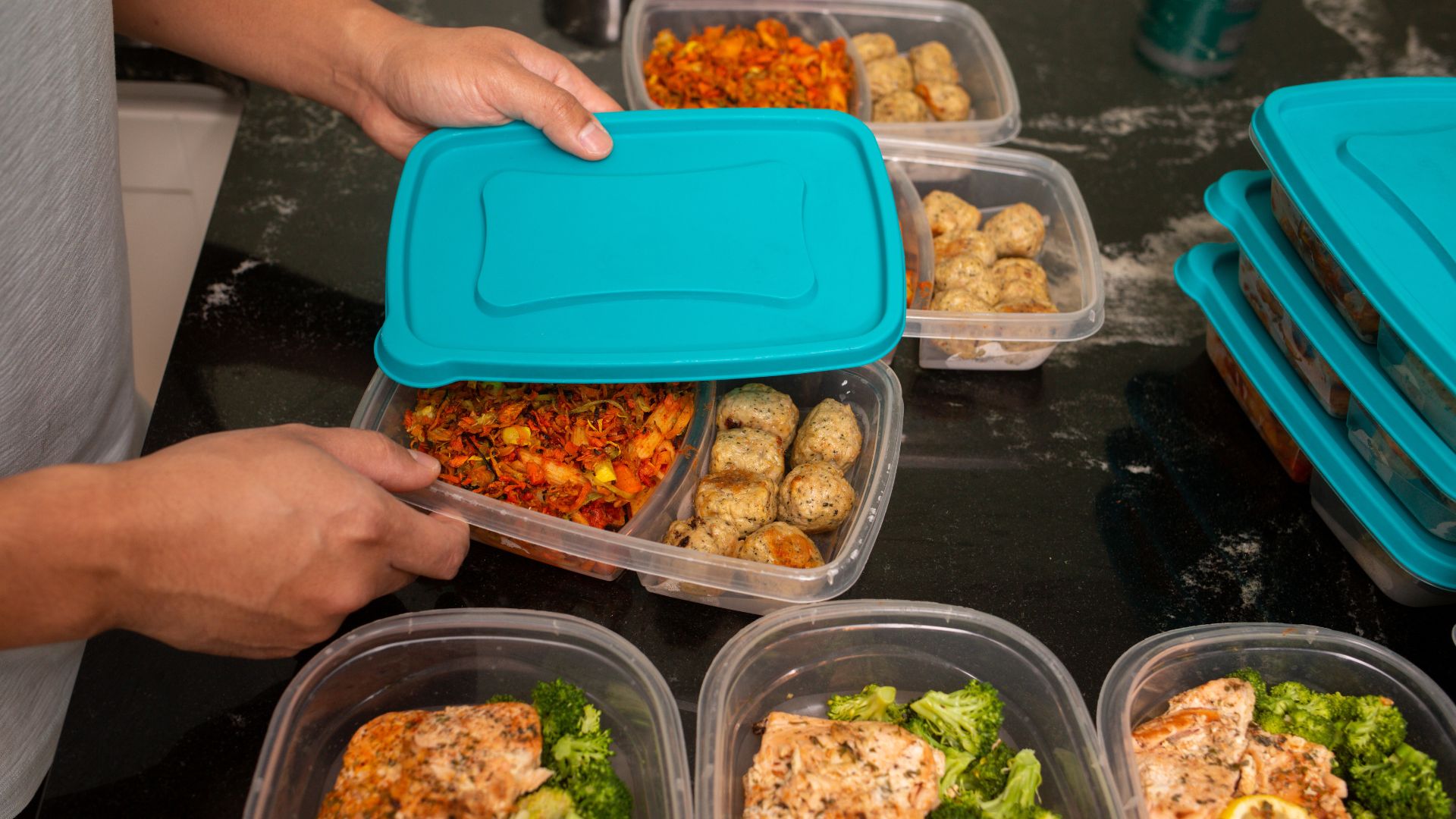
If you're making a freezer-friendly meal, freeze individual components and portions separately. This means they'll be far speedier to defrost, and you can use them for single portions rather than defrosting the whole meal.
Clean as you go
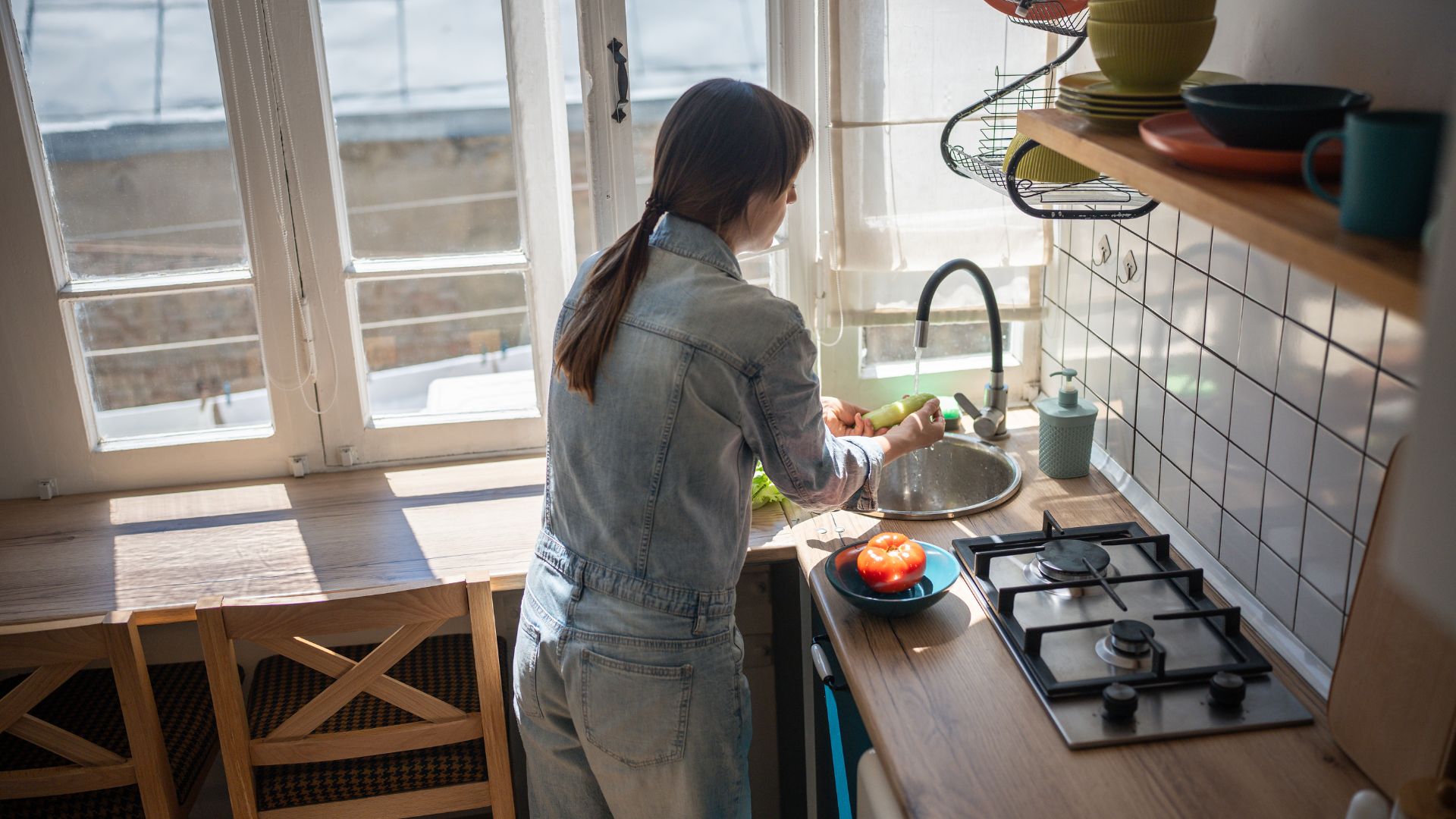
Not exactly a hack, but a tip that your future self will thank you for. Try to tidy as you cook to avoid accumulating a mountain of dishes.
Sautéing vegetables? Use that time to quickly wash (or steep) the dishes you've used so far.
Batch prepare your minced garlic
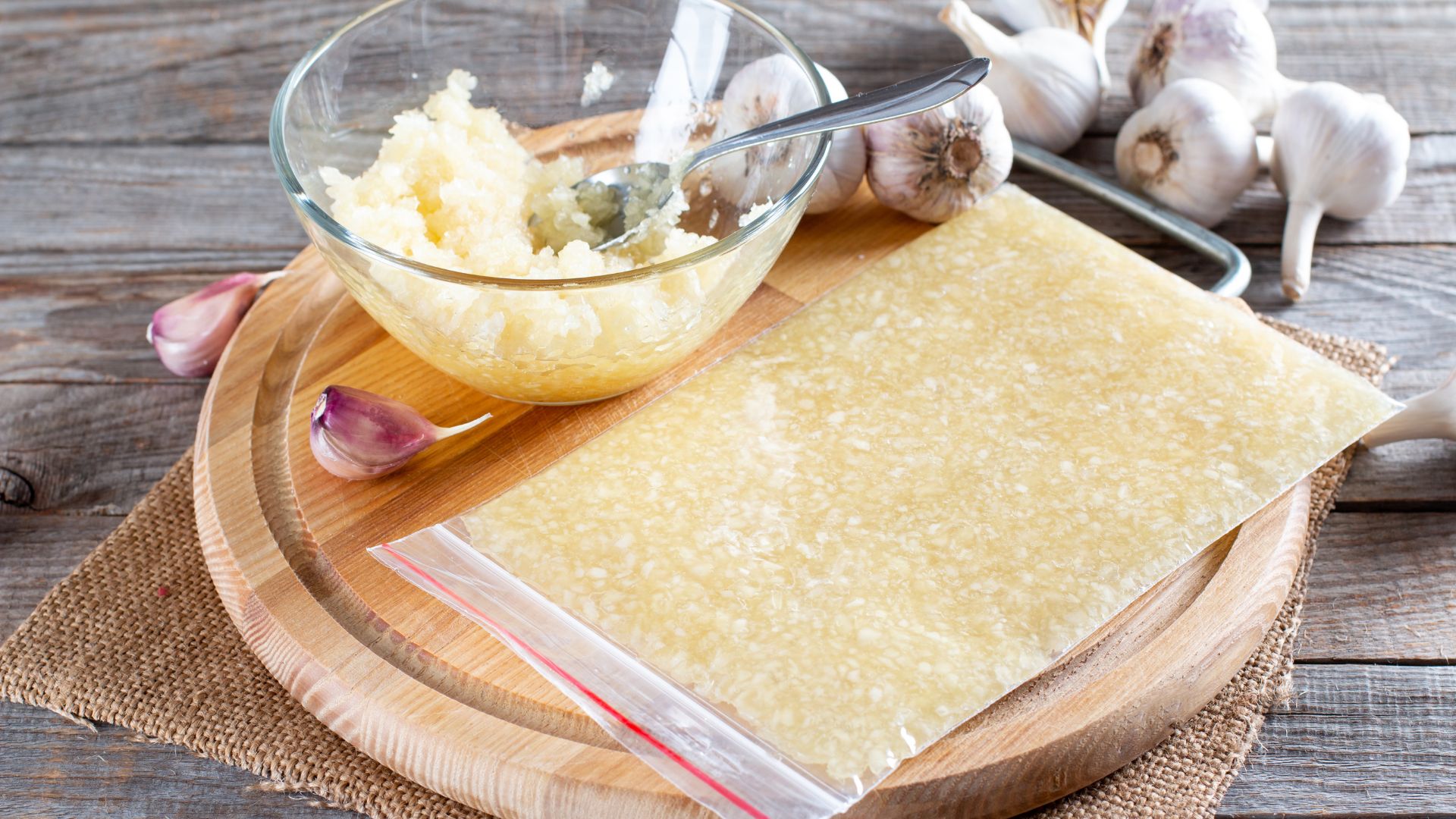
Peeling and mincing garlic is a bit fiddly, not to mention messy. I've personally swapped my traditional presser for a 'rocker' style garlic press that's far more efficient and easier to clean. But still, who likes crushing garlic?
Instead, batch prepare yours. Peel your cloves, add them to a food processor, and pulse until the garlic is finely and uniformly minced.
Transfer into a ziplock freezer bag in a thin layer and gently portion into small squares.
Plan your meals

Plan your meals for the week ahead. This will help you only buy what you need, but it also means you can batch cook certain things. For example, if you know a few dishes will require chicken, you can batch cook it at the start of the week. The same applies to any staple sauces that you might reuse across different meals.
Rescue an over-salted sauce with lemon juice
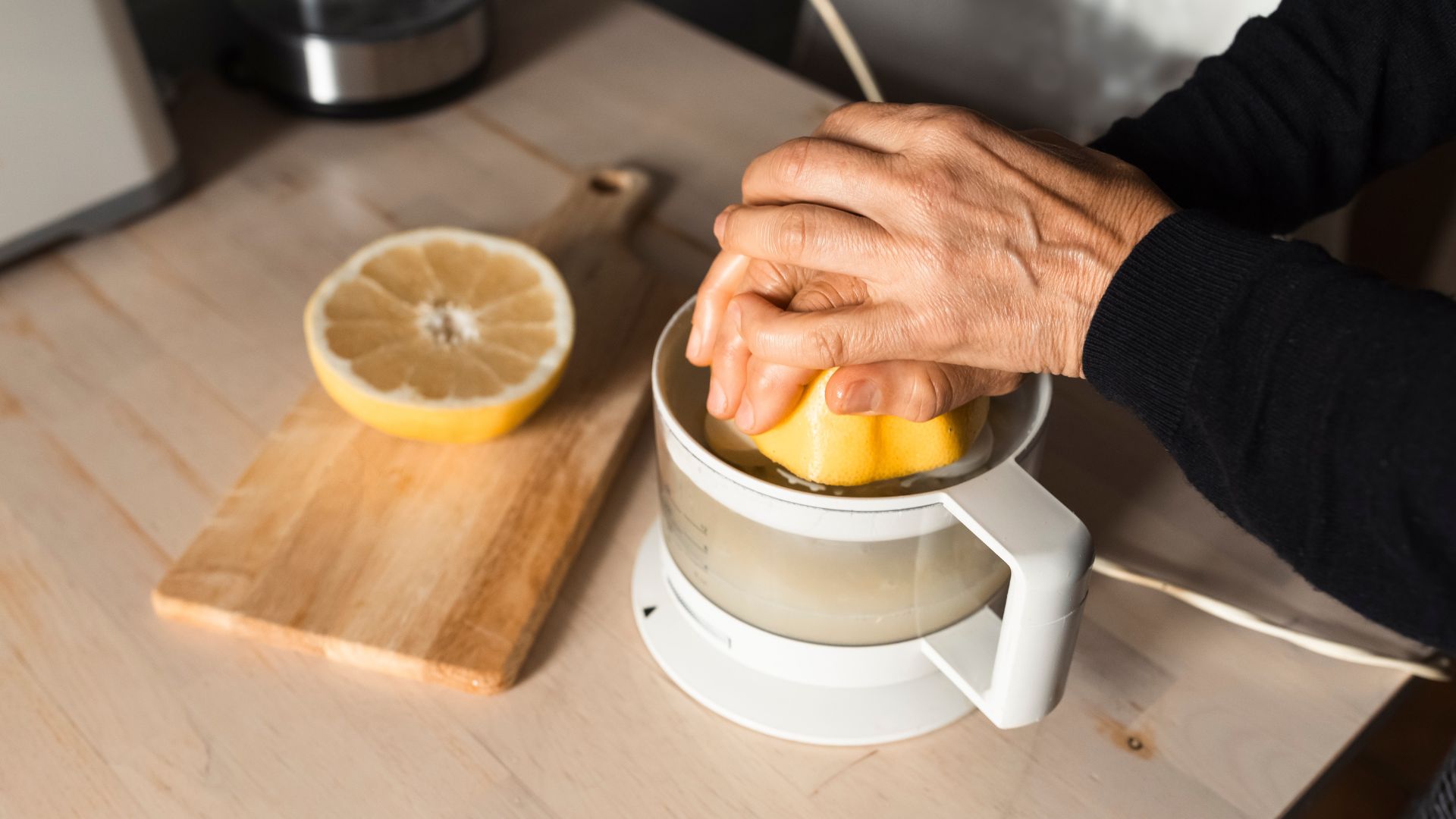
Got a bit too zealous with the salt shaker? Sometimes, when you over-salt a dish, it feels like all hope is lost, especially if it's not a recipe that can afford much additional liquid.
Add a squeeze of lemon to try to counteract the saltiness; the acidity will help neutralise the saltiness. As such, you can also use lime or vinegar.
Start with a small amount and incrementally add more if needed, tasting your dish as you go along.
Make stock with leftover veggies
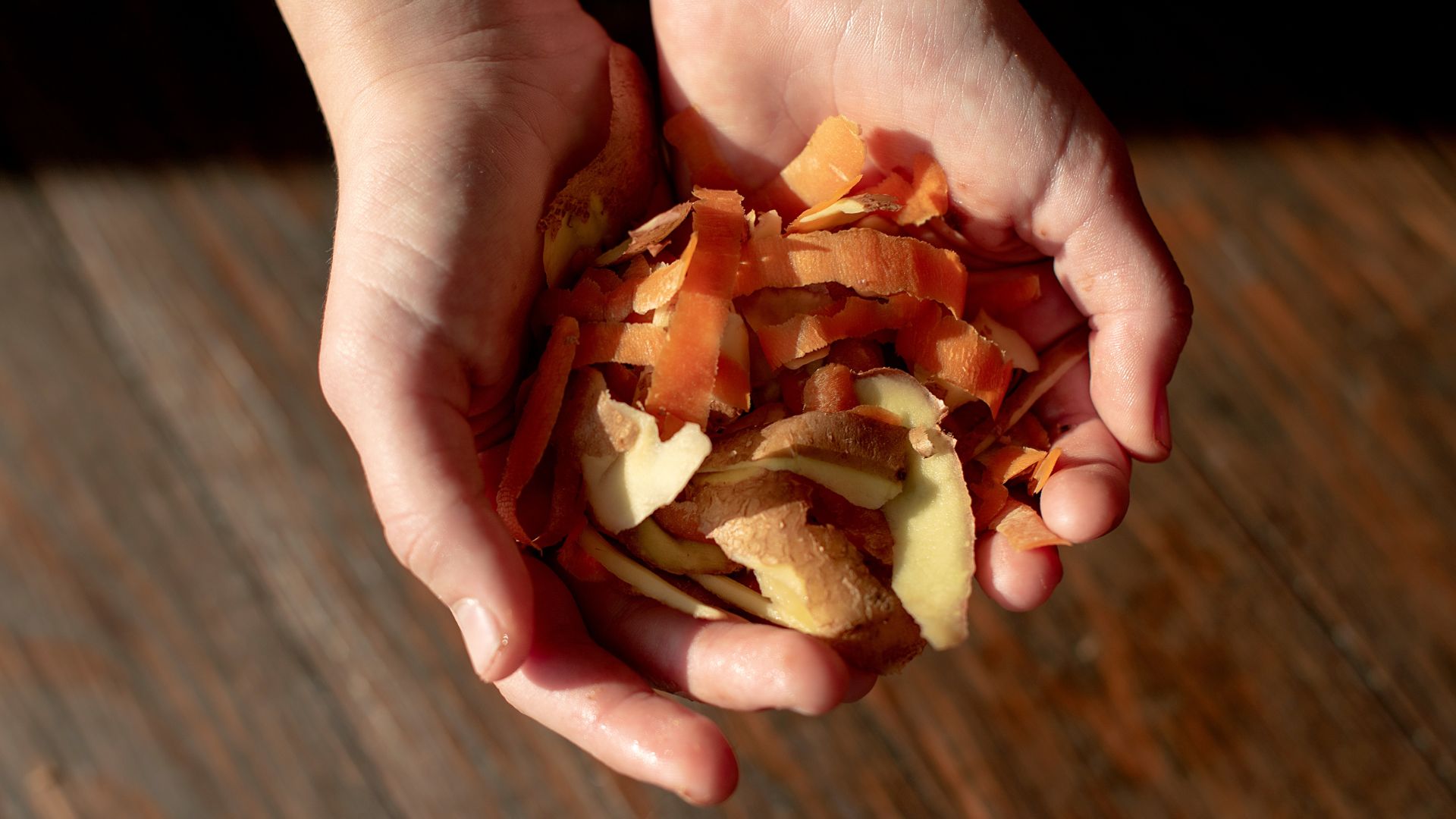
Keep your leftover vegetable peels to make your own flavourful stock with minimal effort. Simply store them in a ziplock bag, and once you have enough (you'll want a ratio of 1:1 vegetables to water), pop them in a pan of boiling water with salt and peppercorns. Simmer for around two hours, cool, then store.
Starchy and rotten veggies won't work for this, nor will things like broccoli, kale, cabbage, or other vegetables in the Brassica family.
Quickly hull a strawberry with a straw
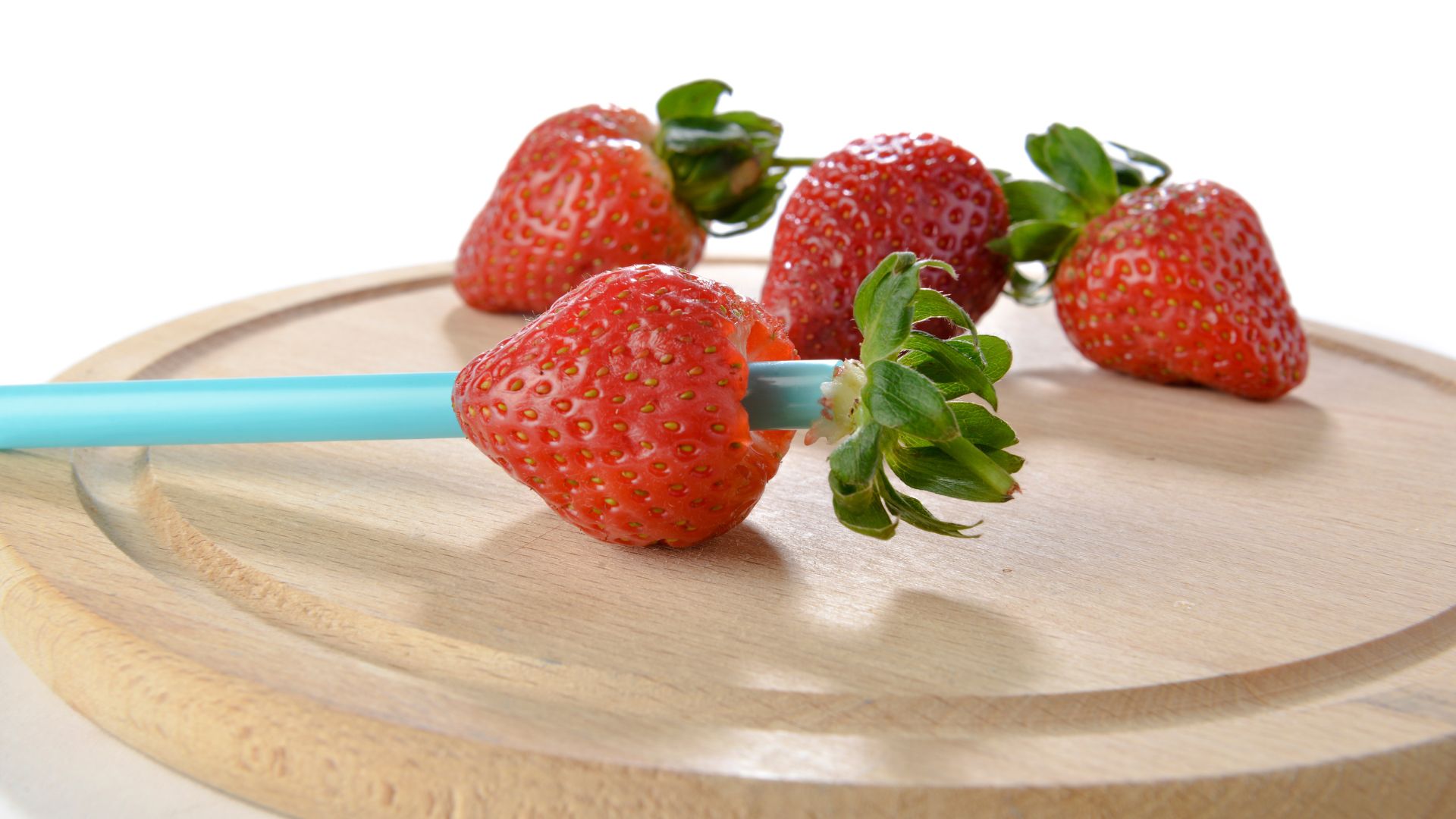
Quickly hull strawberries with a straw for a quick, mess-free way to remove the stems. This is one of those tips you might not use daily, but you'll be thankful to have it up your sleeve next time you're preparing a fruit salad.
Tenderise beef with baking soda
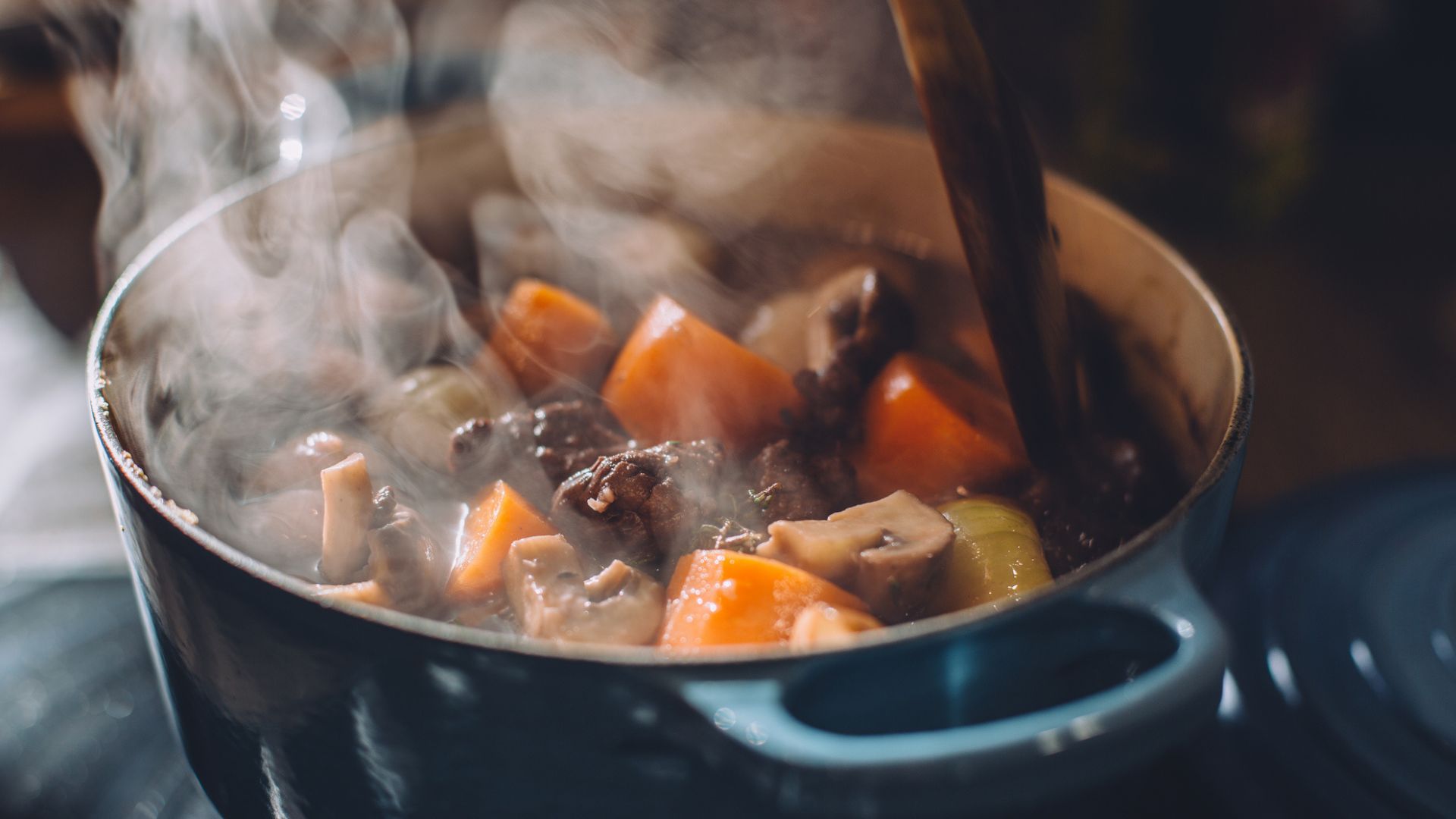
Sprinkle baking soda on top of your steak or beef cuts for around 15 minutes before cooking to make it noticeably juicier and more tender. You'll notice a particular difference in cheaper or tougher cuts that you might use for stir-fries. Simply sprinkle it on and rinse off before cooking.
Put a damp towel under your mixing bowl
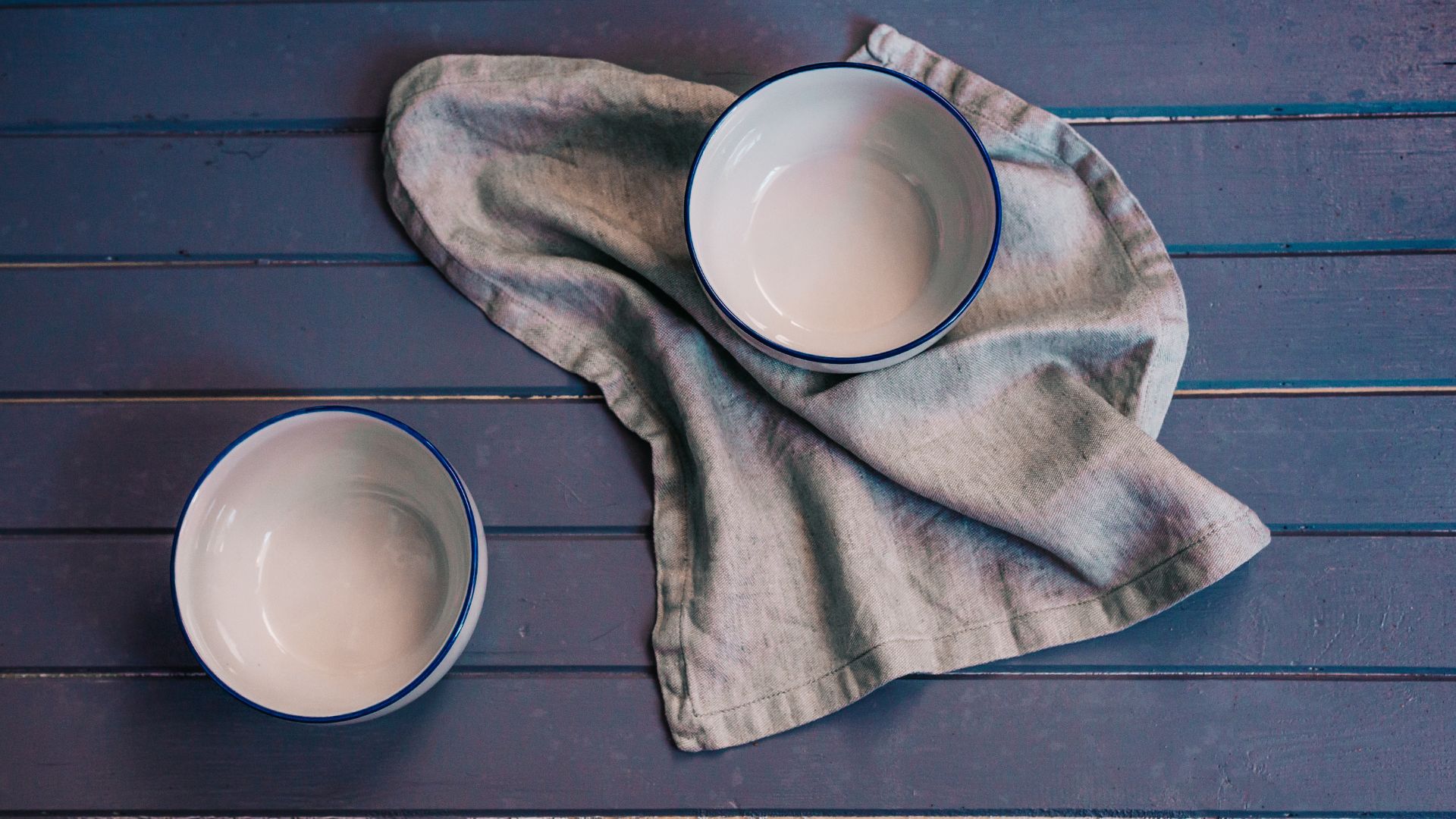
Place a damp towel over your mixing bowl to stop it from moving around - or even falling - while you work. This tip is especially handy if you're grappling with a thick dough that requires all your might!
Season as you go, not only at the end
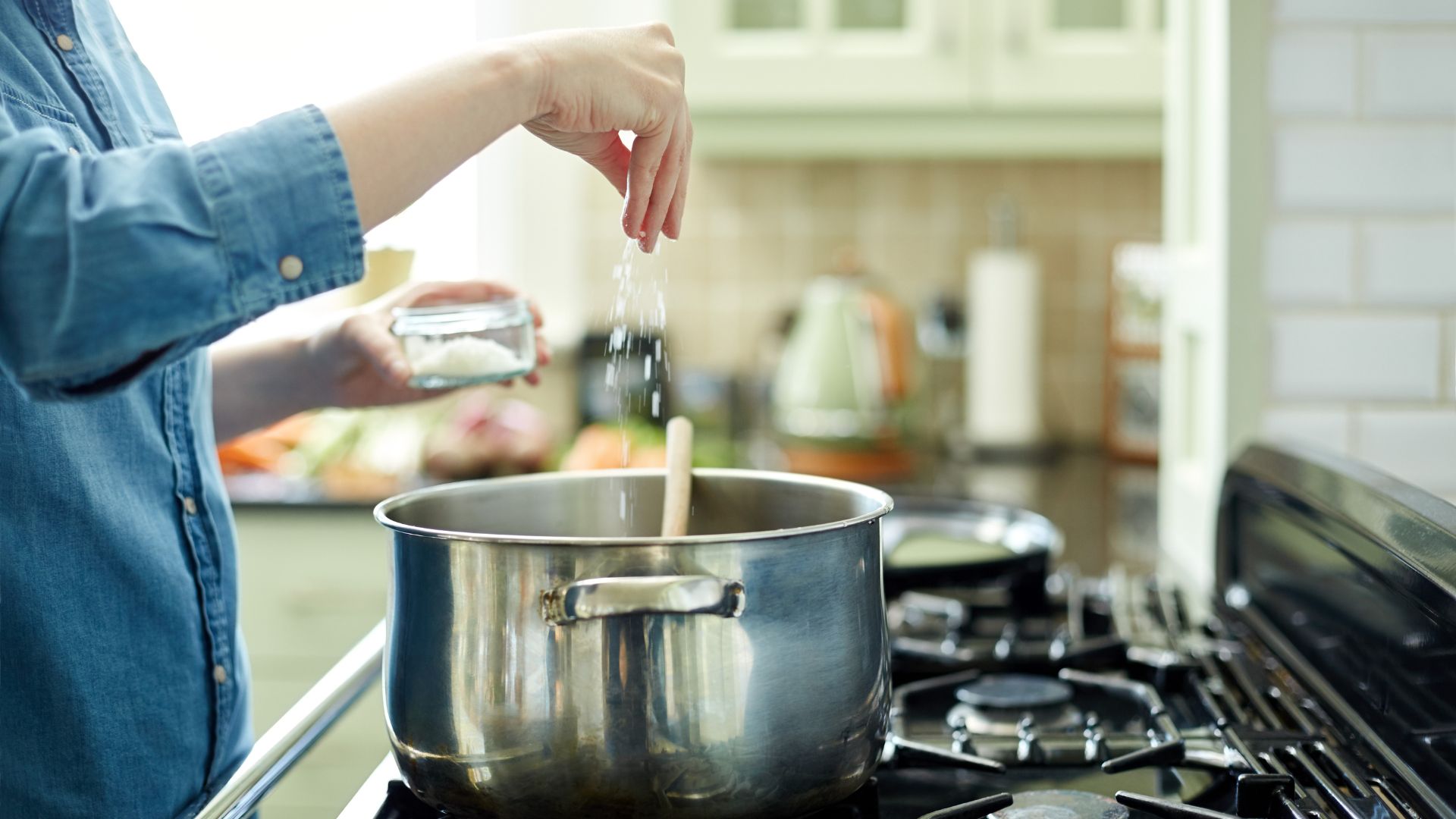
Don't forget to keep tasting and seasoning your meal as you go along. This means you can adjust as you go along, and this approach will allow the flavours to fully develop and integrate with the dish.
Sharpen your kitchen knives regularly
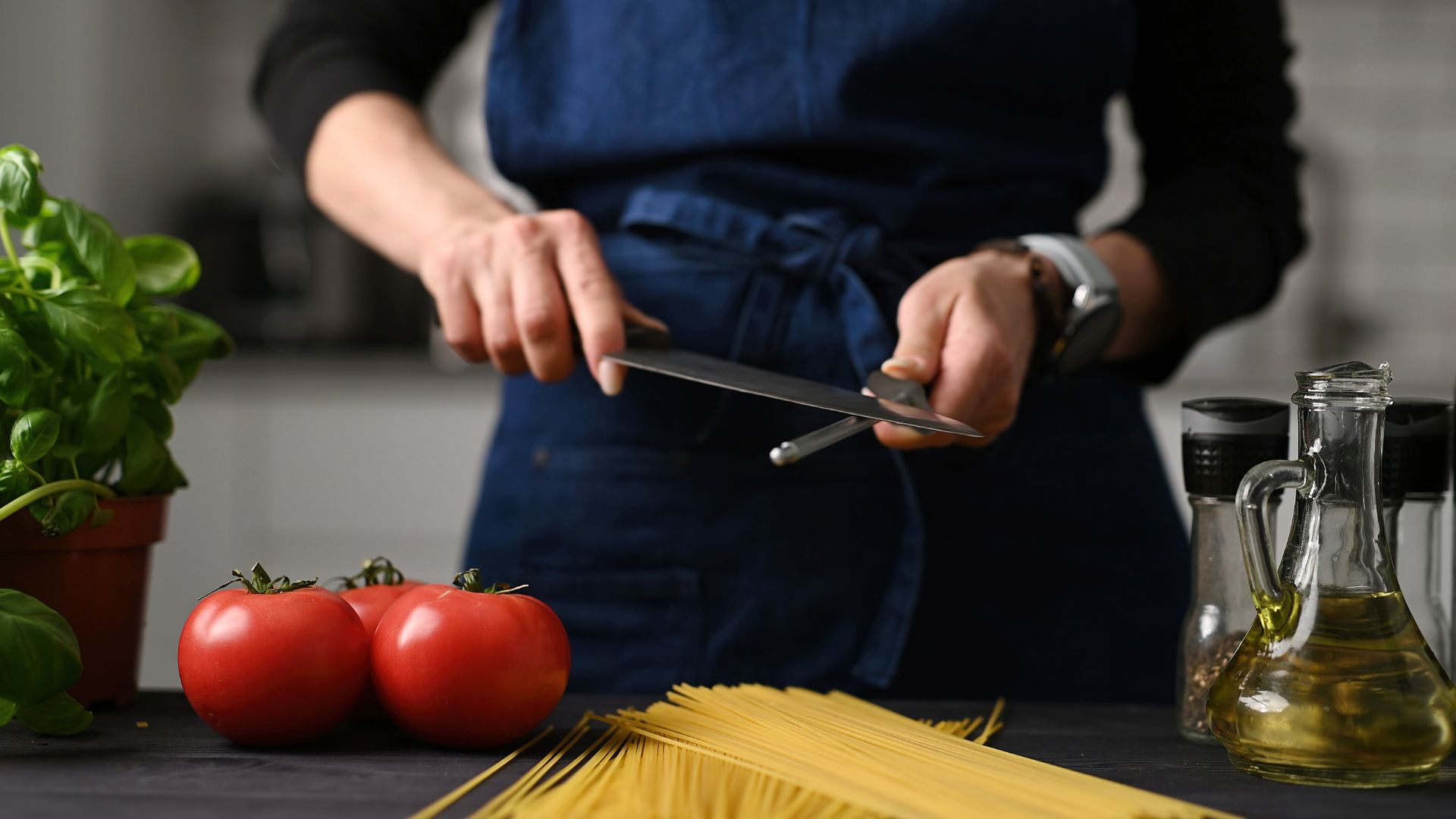
Make an effort to sharpen your knives regularly, even if you don't think they're blunt. You'll be amazed at the difference this makes and how easily your knives will glide through soft fruits and tough meats alike.
You don't have to spend much on a good one either; we have an old-fashioned sharpening stone and a more expensive rod, and both do the job equally well.
Double your quantities when baking a cake - and freeze the other half
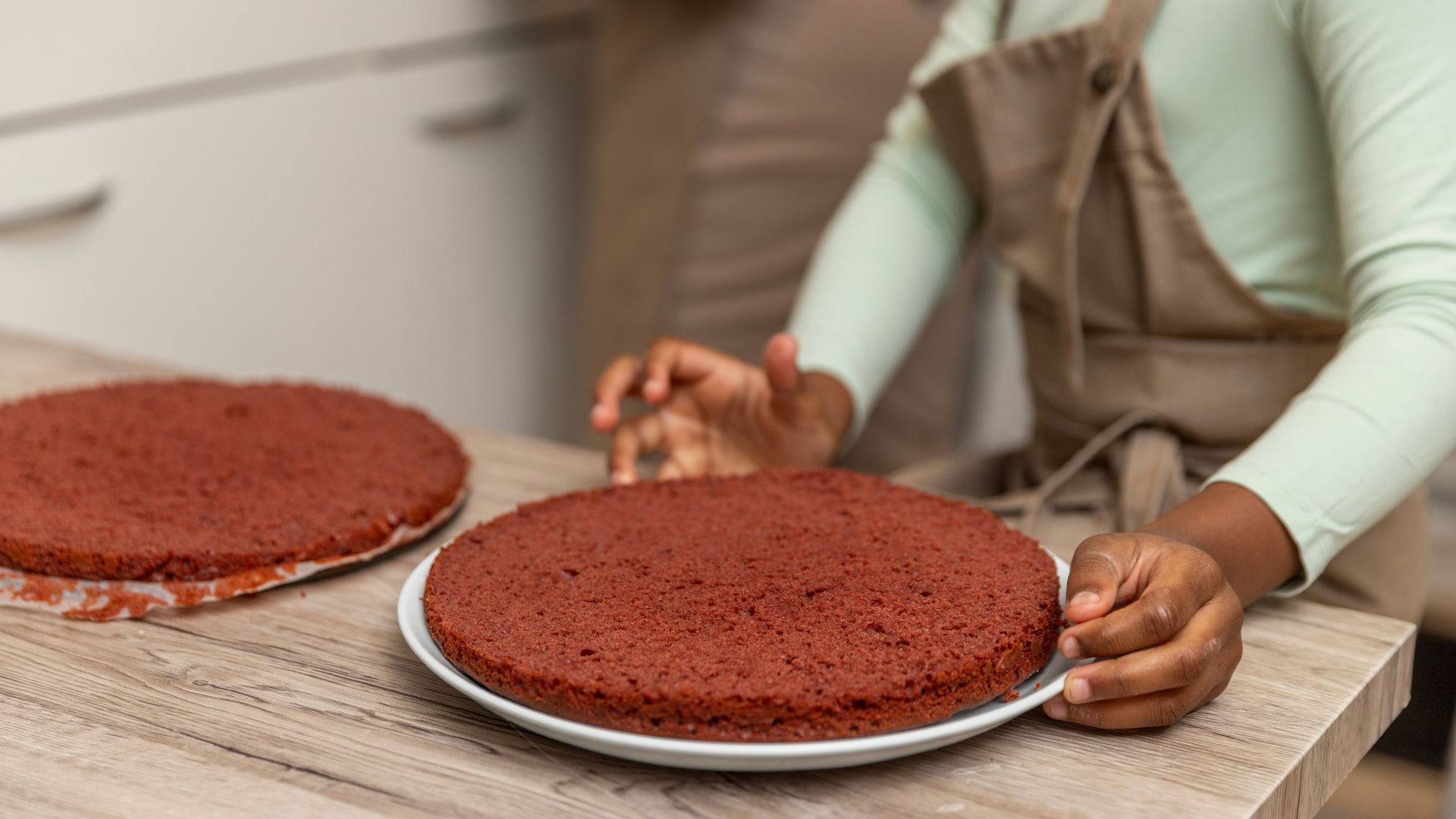
Baking a cake? Double the quantities and freeze the extra one for later use. This won't add much extra time or effort, but you'll appreciate it when the next birthday rolls around. Cakes freeze surprisingly well, too.
Unpack your herbs to prolong their shelf life
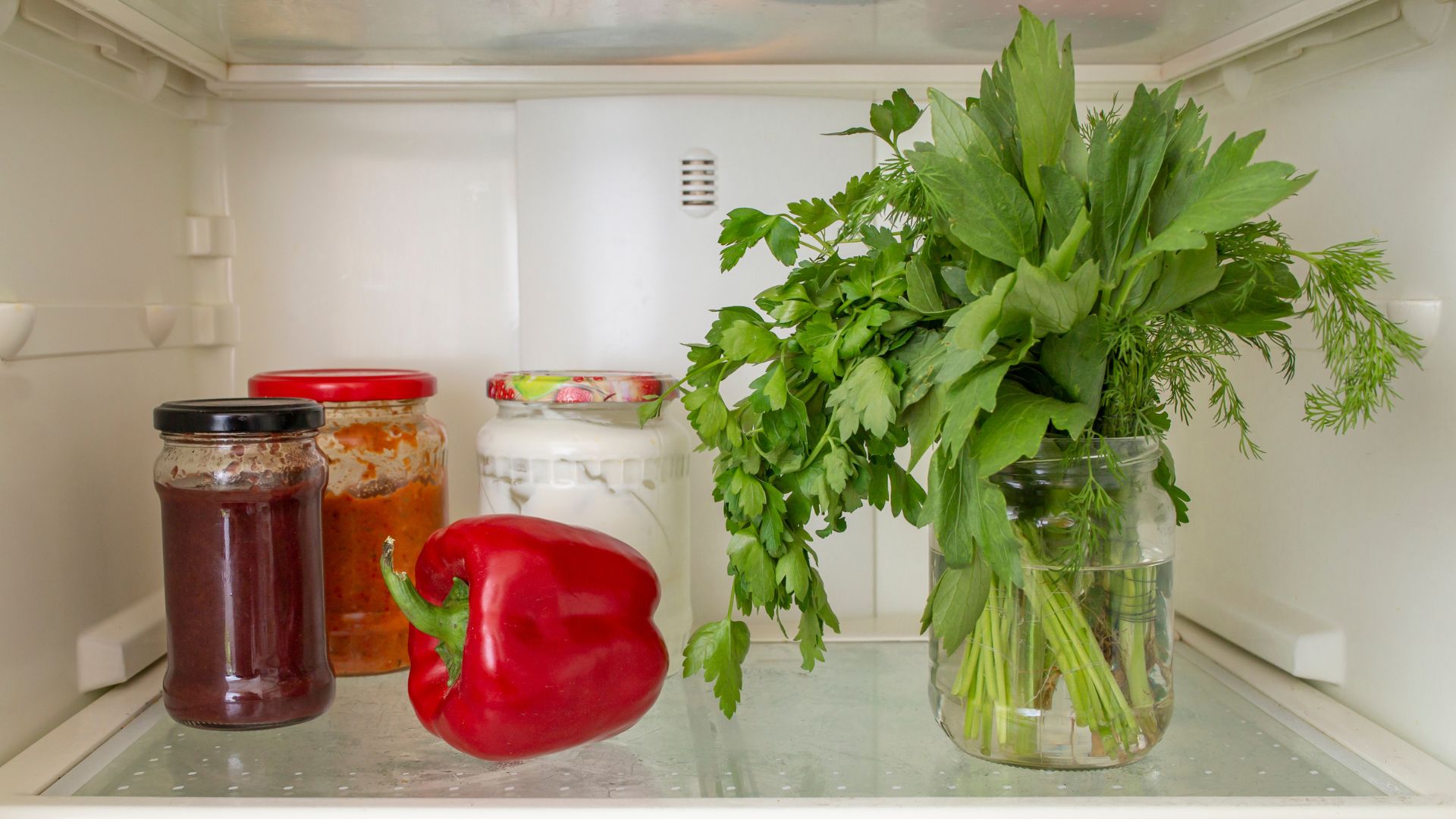
Take your herbs out of their packaging and place them in a glass of water in the fridge to prolong their shelf life. Even better (and if space allows), cover them with a bag, as this will reduce wilting.
With this approach, they should remain perky for at least a week.
Don't throw away herb stems
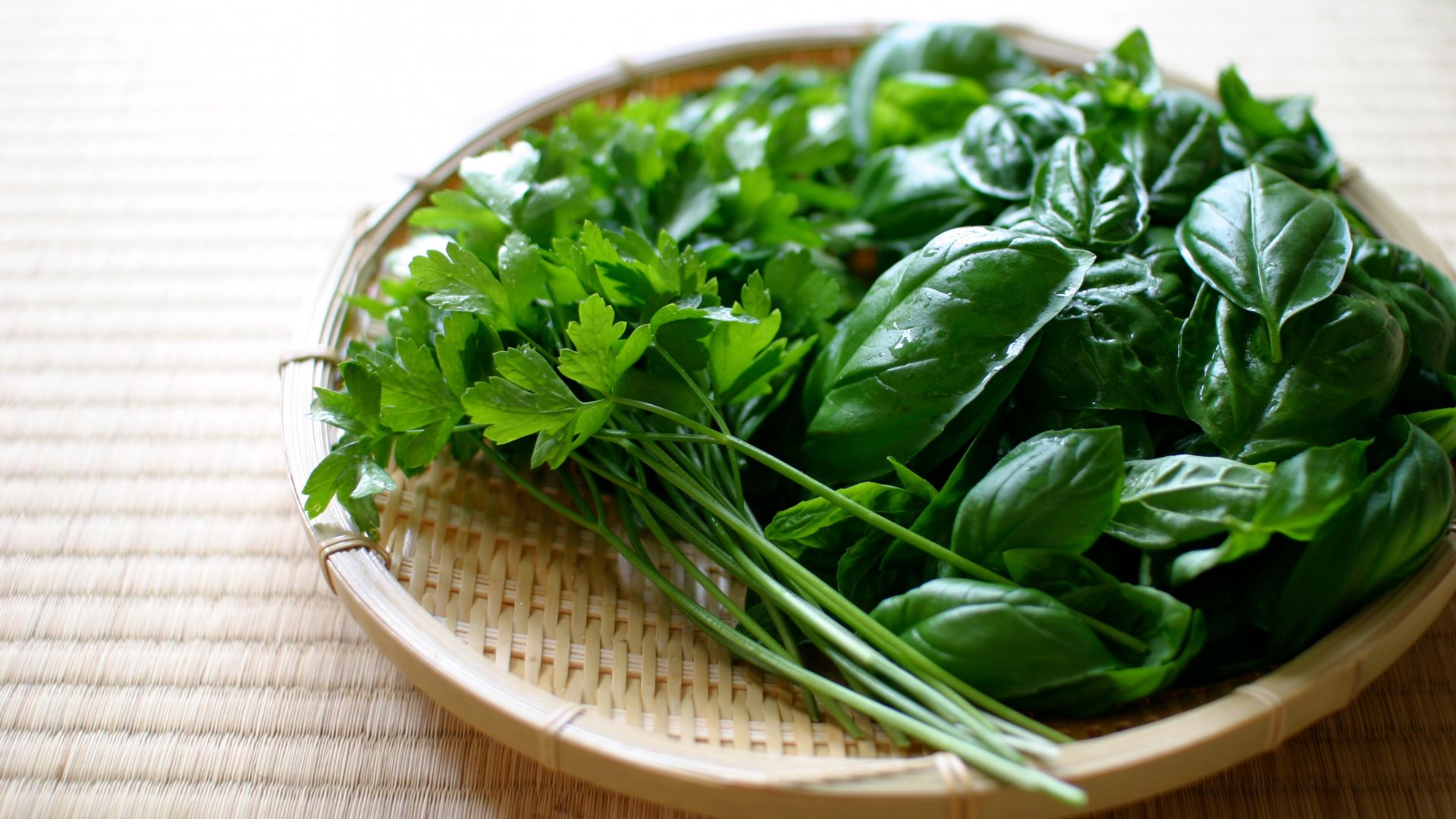
Herb stems are often discarded as many recipes instruct you to pluck off the leaves, but we'd urge you to rethink binning them.
Sure, the texture and flavour aren't as punchy as the leaves, so they won't work as well for garnishes, but chop them finely and they'll work in most sauces. Or preserve them and use them for a pesto or stock.
Avoid rinsing your pasta (except for some exceptions)
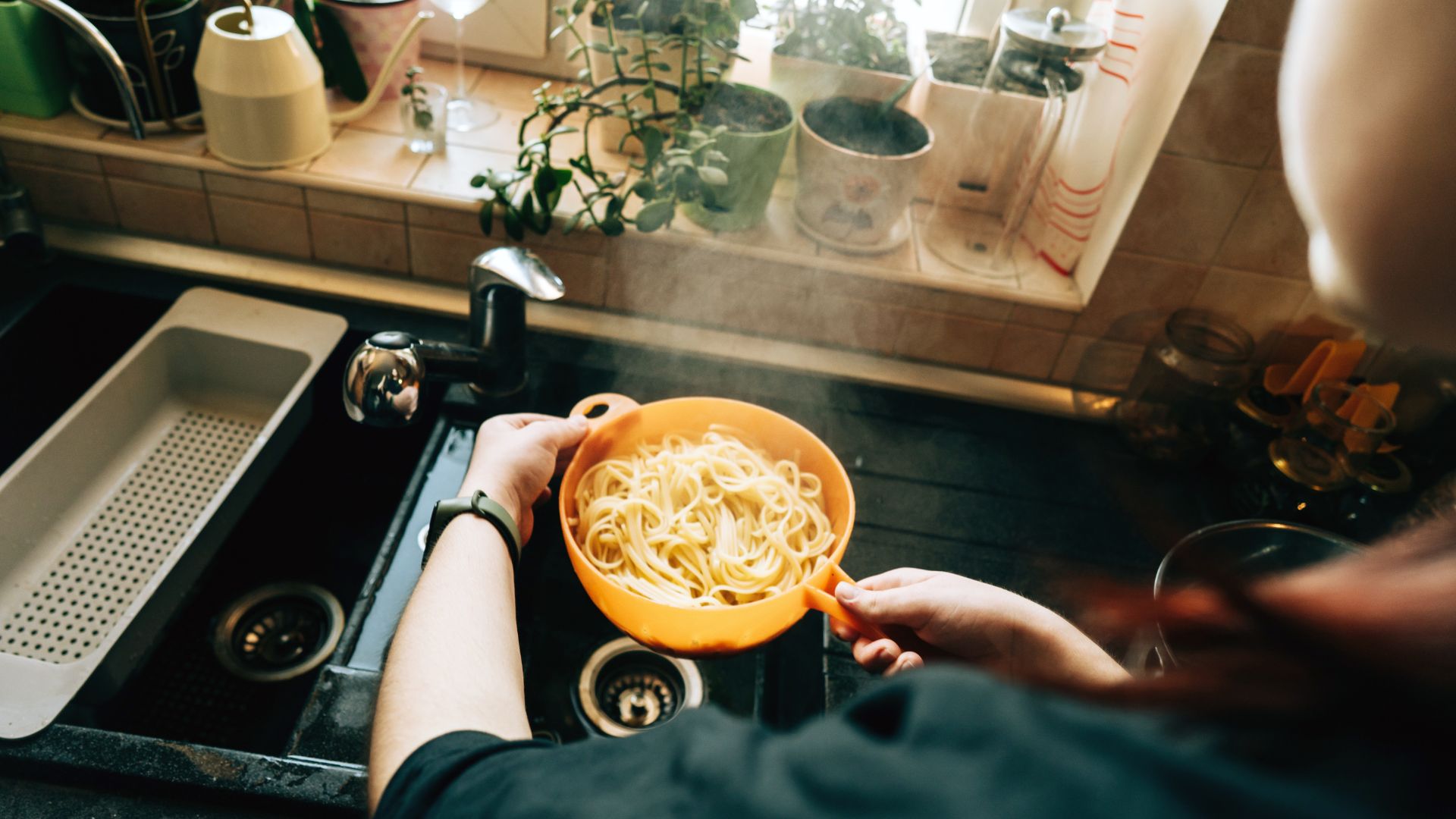
Rinsing pasta removes the starchy coating, which might intuitively seem like a good thing, but we can assure you it's not. Without this coating, sauces are less likely to cling to your pasta, meaning the flavours won't integrate as well.
Prepare your ingredients in advance
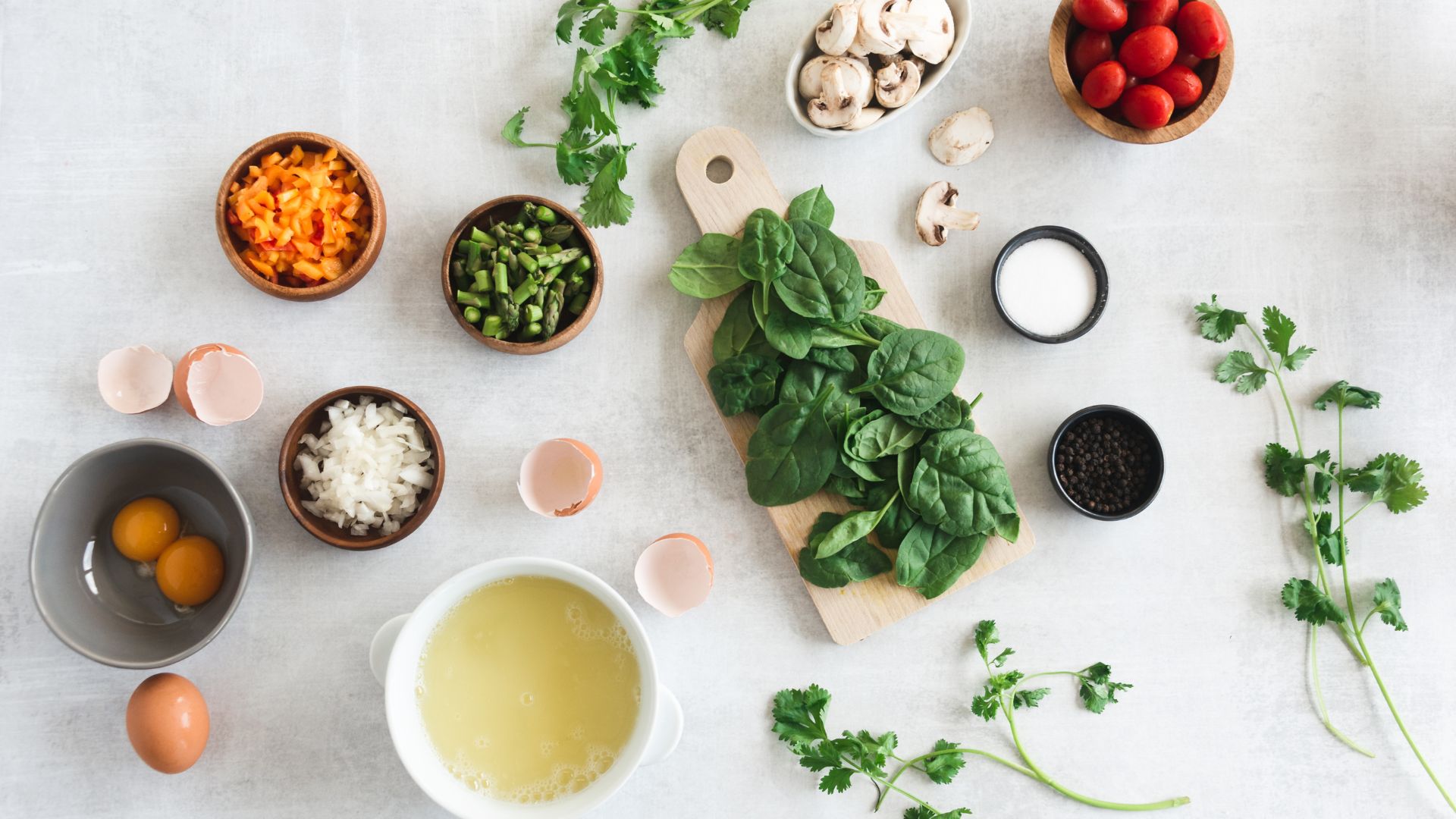
Ask any chef and they'll tell you how important mise en place is - and this applies to your home kitchen, too. Lay out all your ingredients before getting started, and prep them before you begin. Start by marinating any meats and then move on to preparing your veggies and portioning everything out.
A bit of advance prep will save a lot of stress and faffing when you start to cook, so it's particularly important when you're hosting.
Learn "salt, fat, acid, heat"
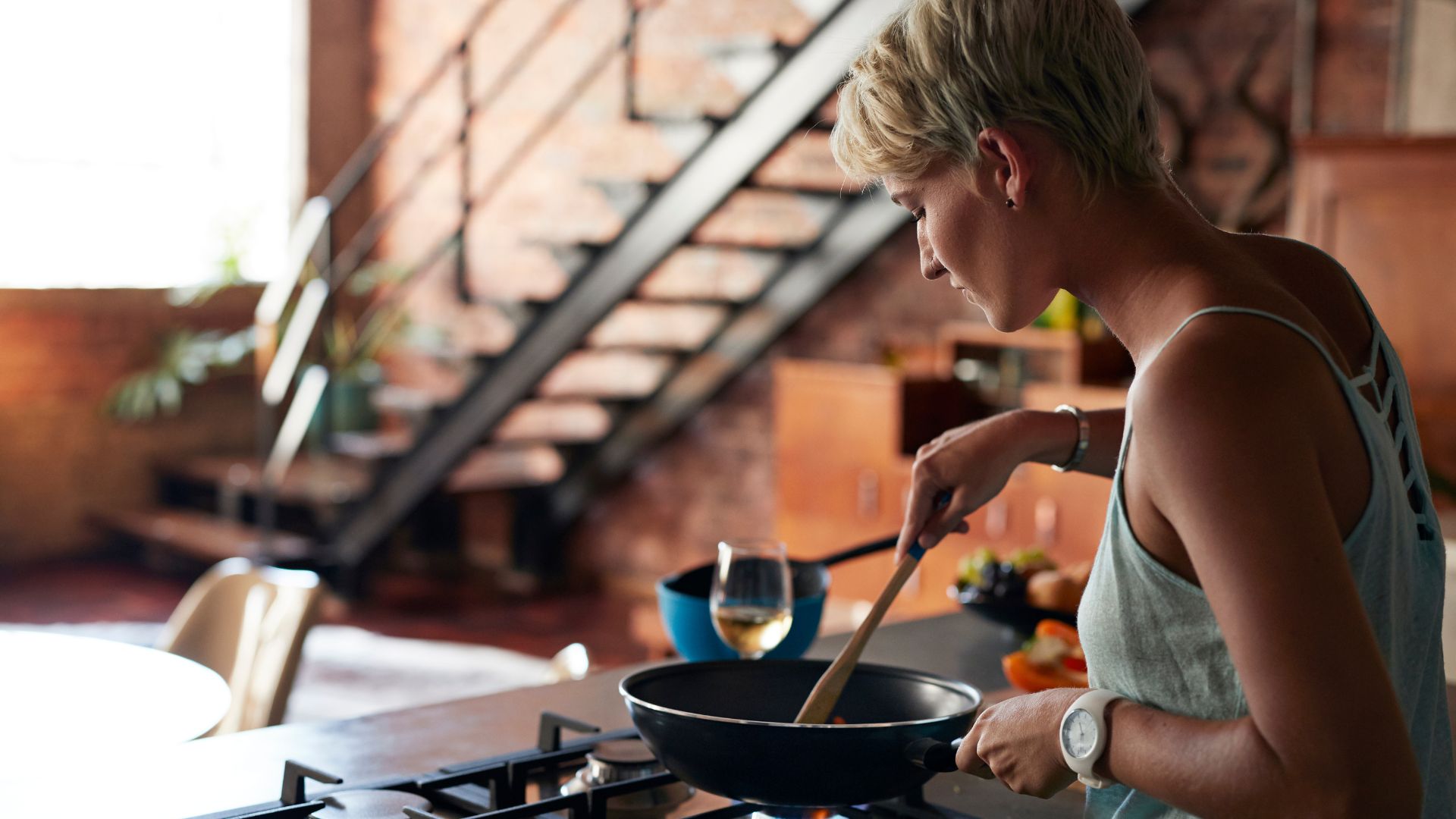
If you're keen to level up your cooking game, read Samin Nosrat’s seminal book, Salt, Fat, Acid, Heat. Here, she breaks down how to master each element in cooking and the role they each play.
Less of a cookbook and more of a cooking bible, it's a must-read for anyone who seriously wants to learn more about the art of cooking.
Cube butter for faster melting
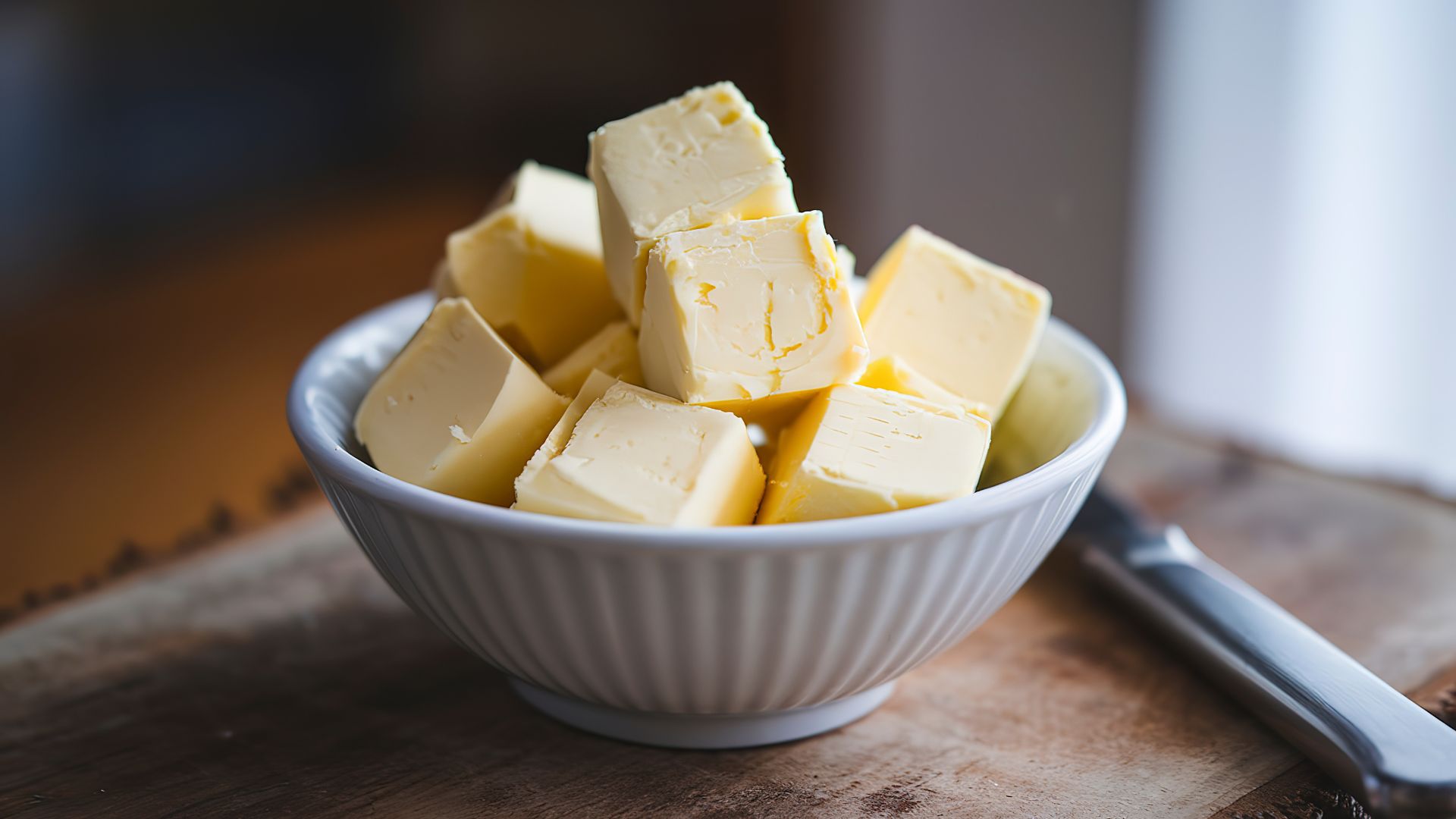
Store your butter in cubes for ease of use. This way, they'll be pre-portioned but will also melt or thaw far faster. Store them in a butter dish in the fridge, or alternatively, pop them into a ziplock bag in the freezer where they'll last for up to 12 months.
Learn to substitute
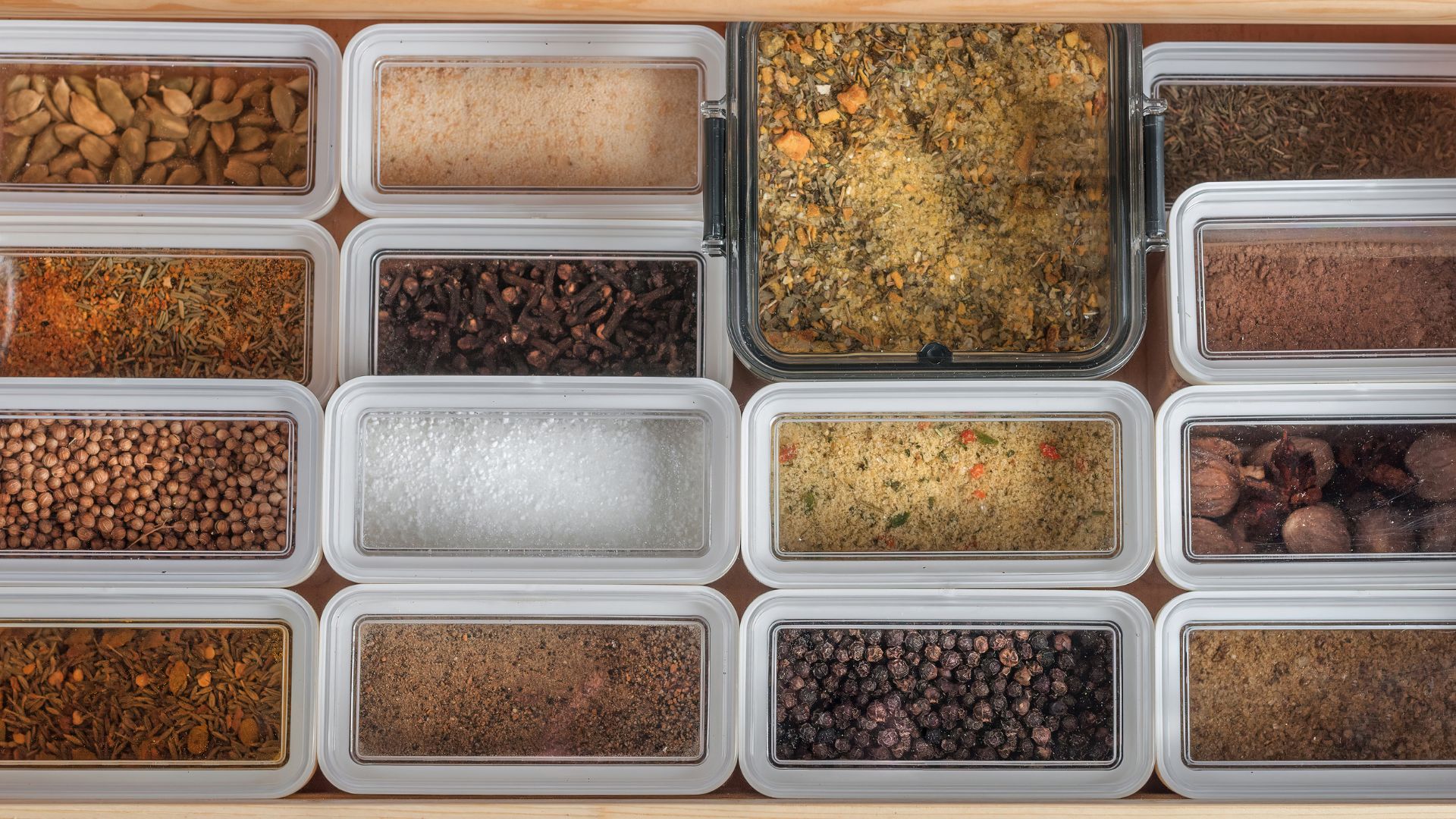
This is admittedly less of a cooking hack and more of a long-term tip, but learning common substitutions is an invaluable skill in the kitchen, particularly if you regularly use recipes from other countries that include ingredients that are difficult to find locally.
There are too many substitutions to list, but one I commonly turn to is adding 2 tsp of baking powder to plain flour to make self-raising flour.
Deglaze your pan for a simple, flavour-packed sauce
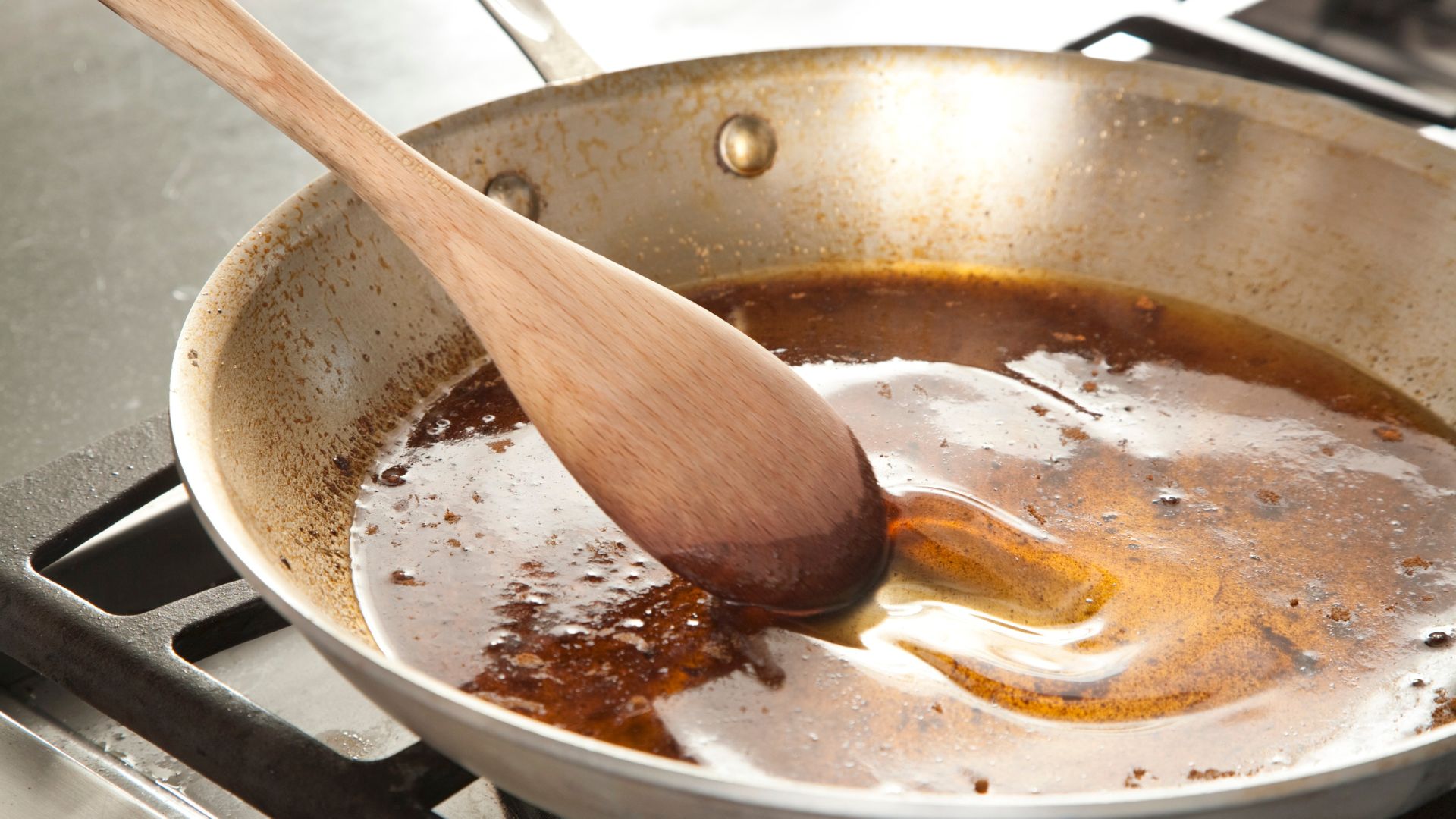
Deglazing is a technique that involves adding liquid, like stock or wine, to a pan to loosen the leftover pieces of food and seasoning that come from cooking or searing. While that might not sound like the most appealing summation of the technique, it's a simple way to make a flavour-packed sauce, without much effort.
You'll want to follow a recipe the first few times to ensure you use the correct flavour profiles of the dish.
Focus on good quality ingredients
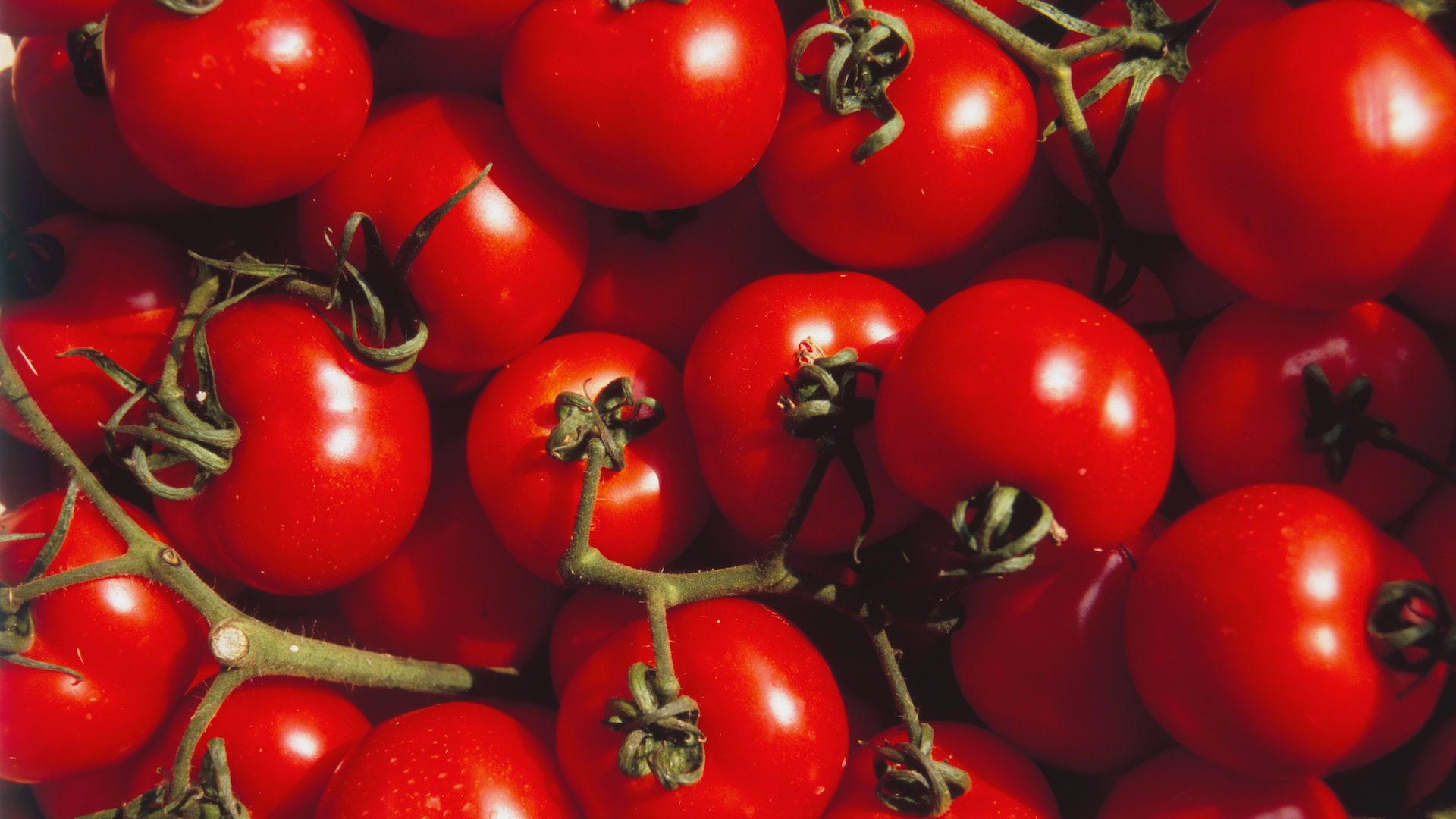
Good quality ingredients are key to the success of a dish. If you're from a colder climate, this sadly means investing in brilliant imported tomatoes and fresh veg, or using high-quality canned varieties from Italy.
If you invest in great staples, you won't need to overcomplicate your cooking.

Anna is an editor and journalist with over a decade of experience in digital content production, ranging from working in busy newsrooms and advertising agencies to fashion houses and luxury drinks brands. Now a freelance writer and editor, Anna covers everything lifestyle, from fashion and skincare to mental health and the best cocktails (and where to drink them).
Originally from Glasgow, Anna has lived in Berlin, Barcelona, and London, with stints in Guernsey and Athens. Her love of travel influences her work, whether she’s stocking up on the best skincare at French pharmacies, taking notes on local street style, or learning to cook regional cuisines. A certified cinephile, when she's not travelling the world, you'll find her hiding away from it at her local cinema.

